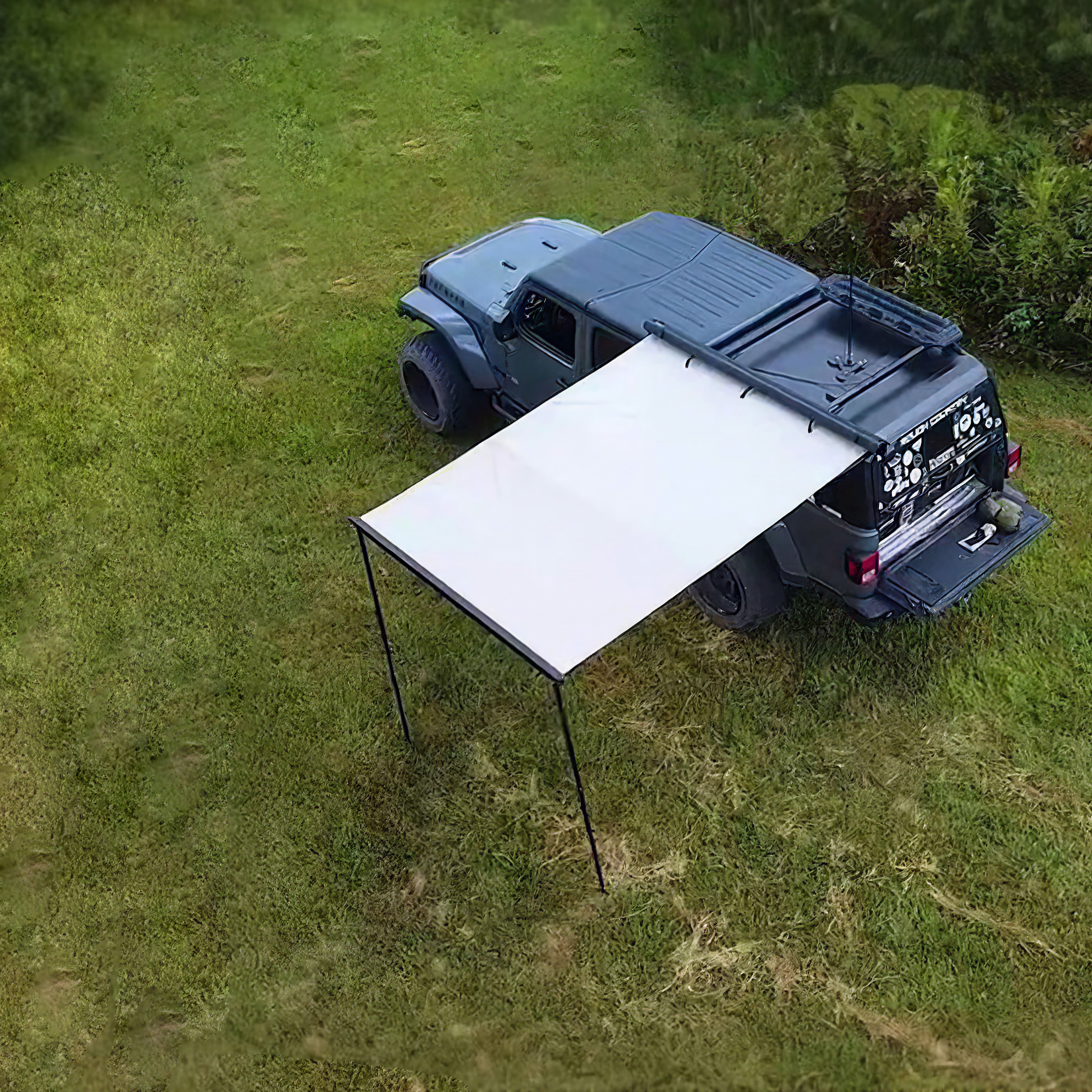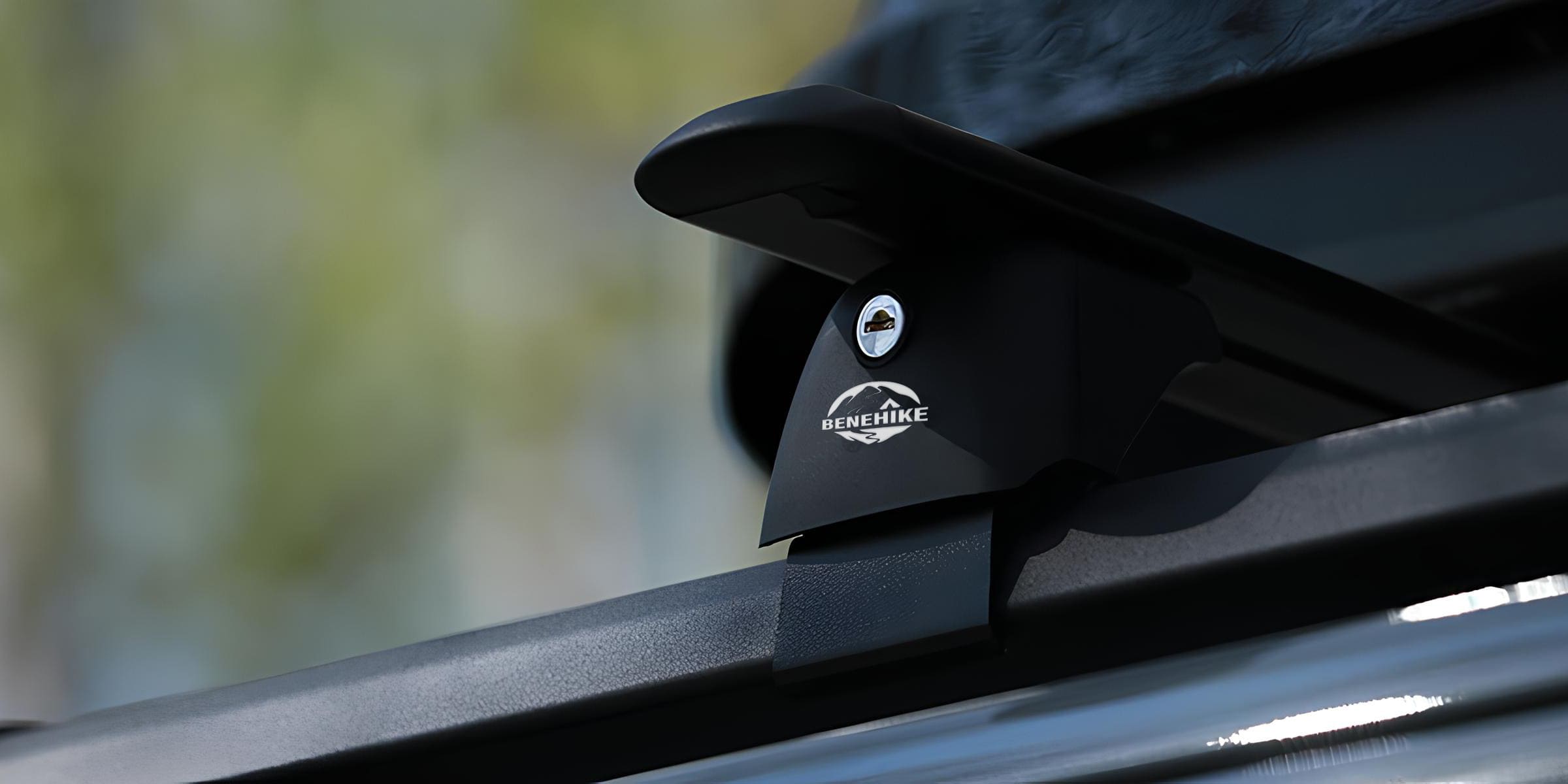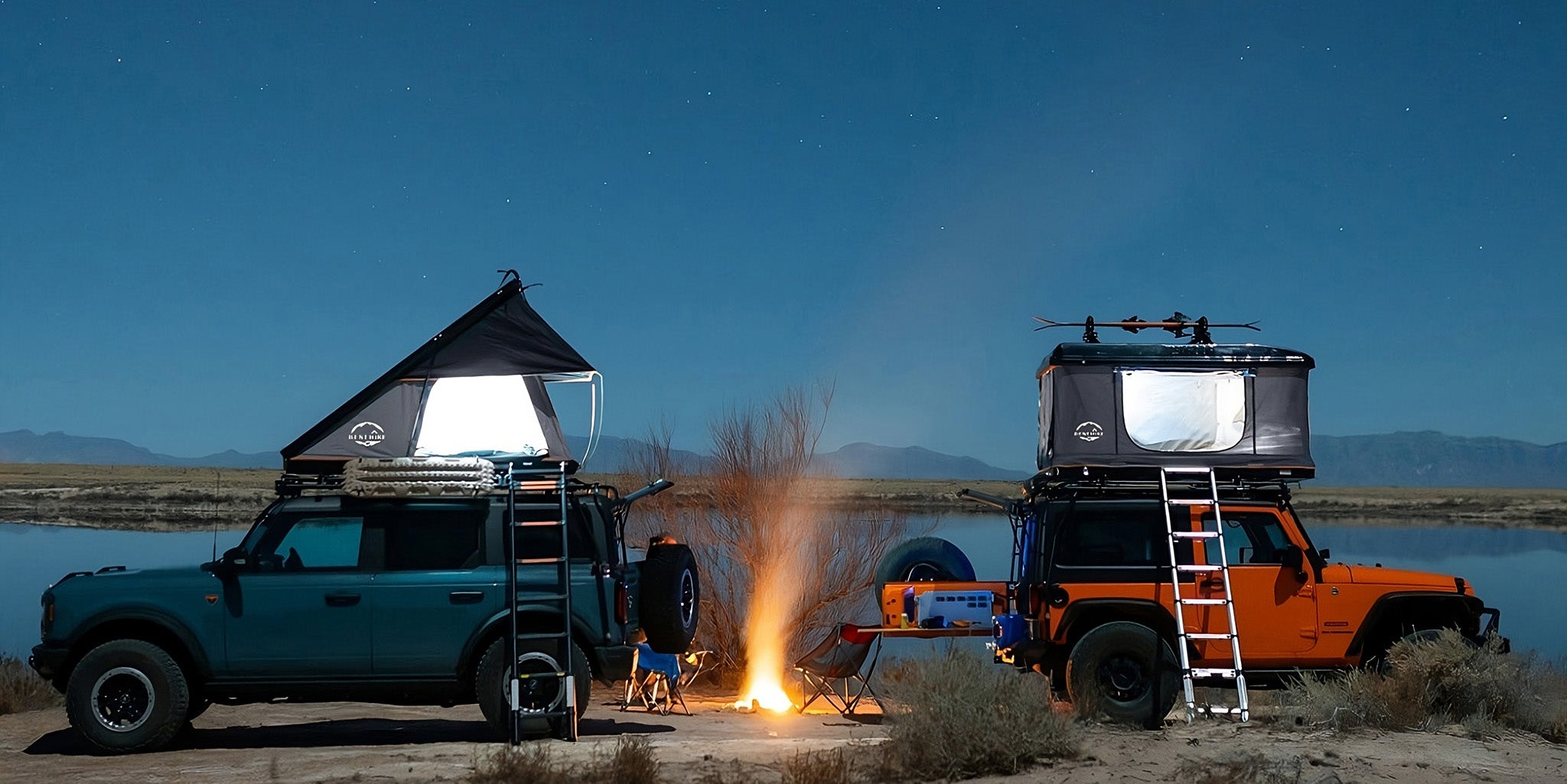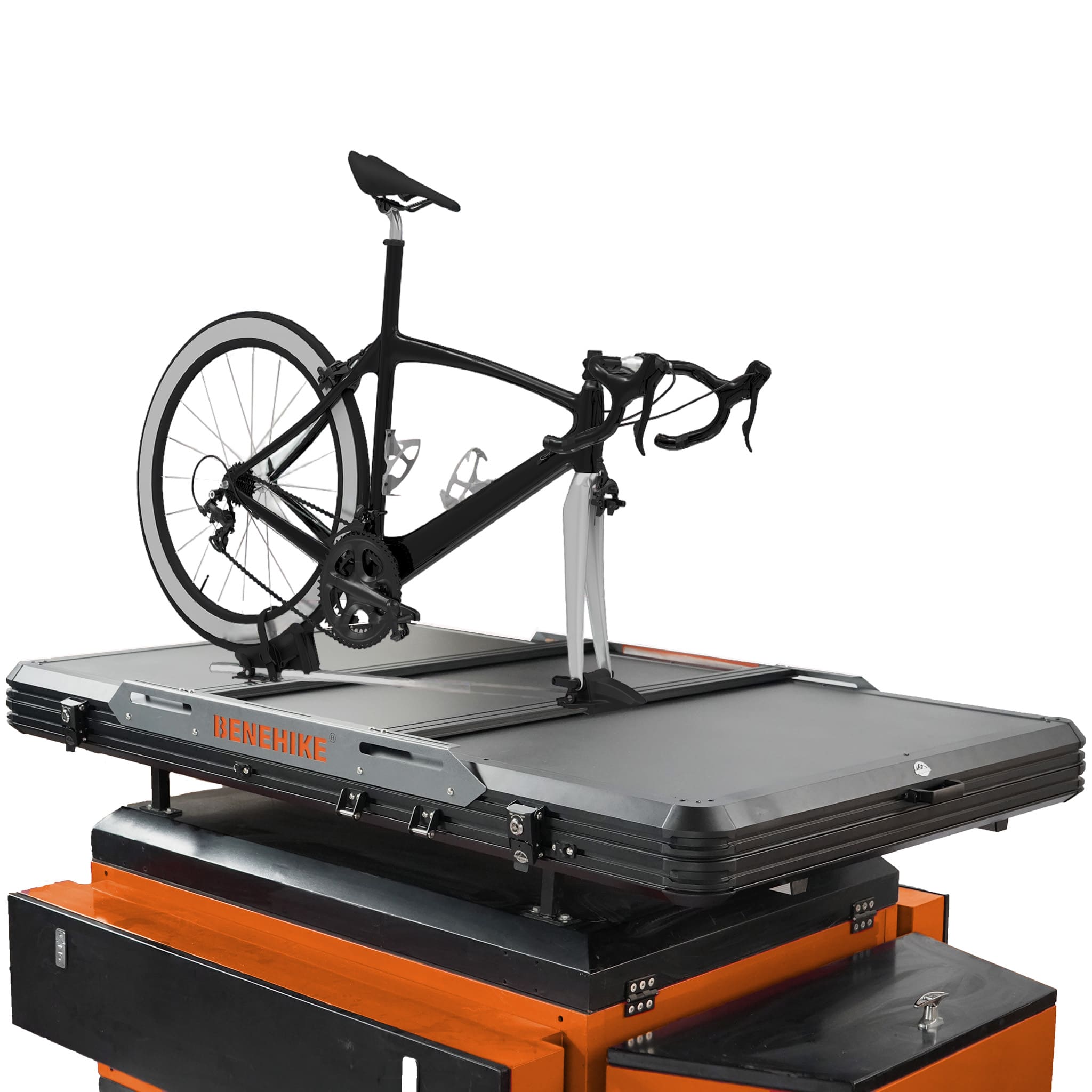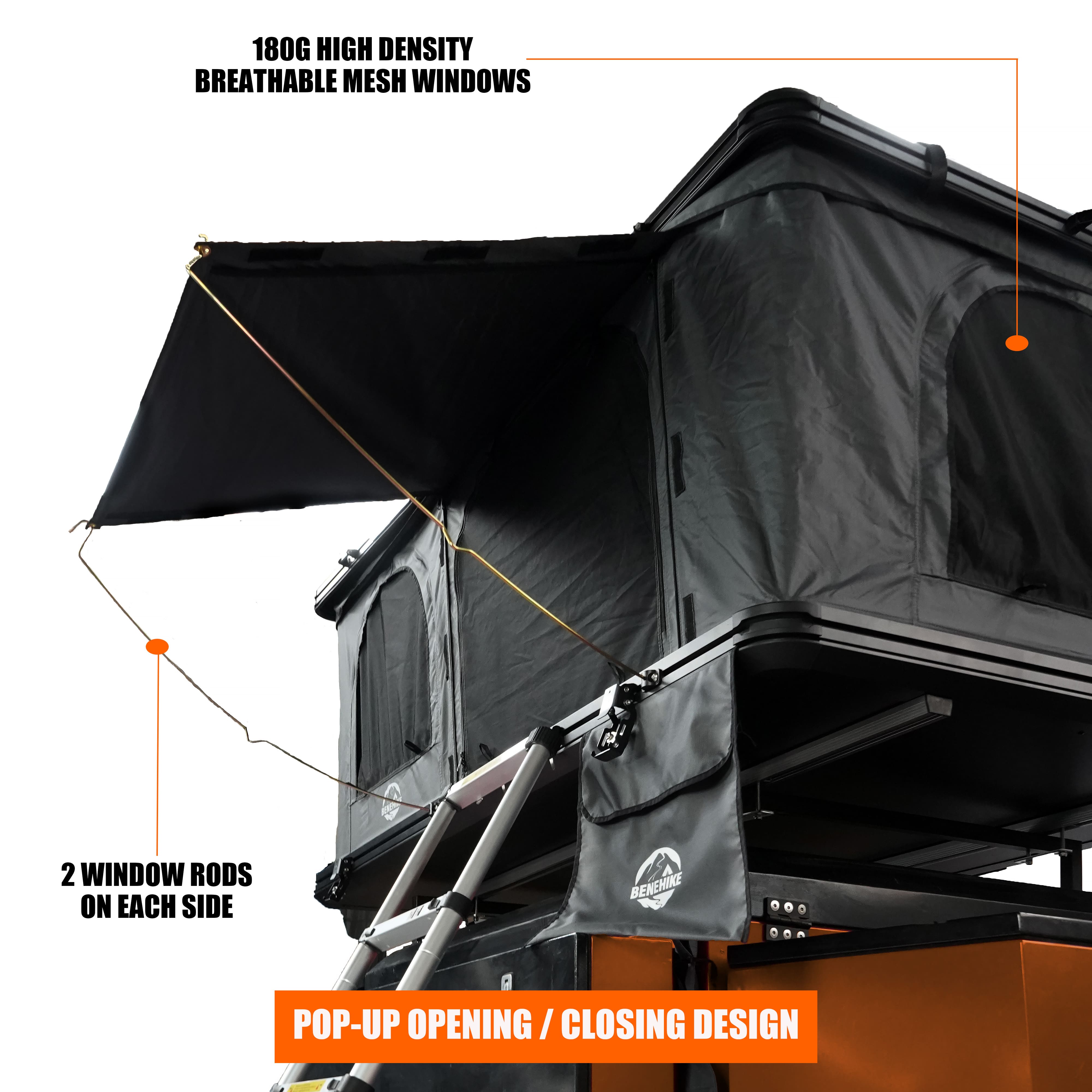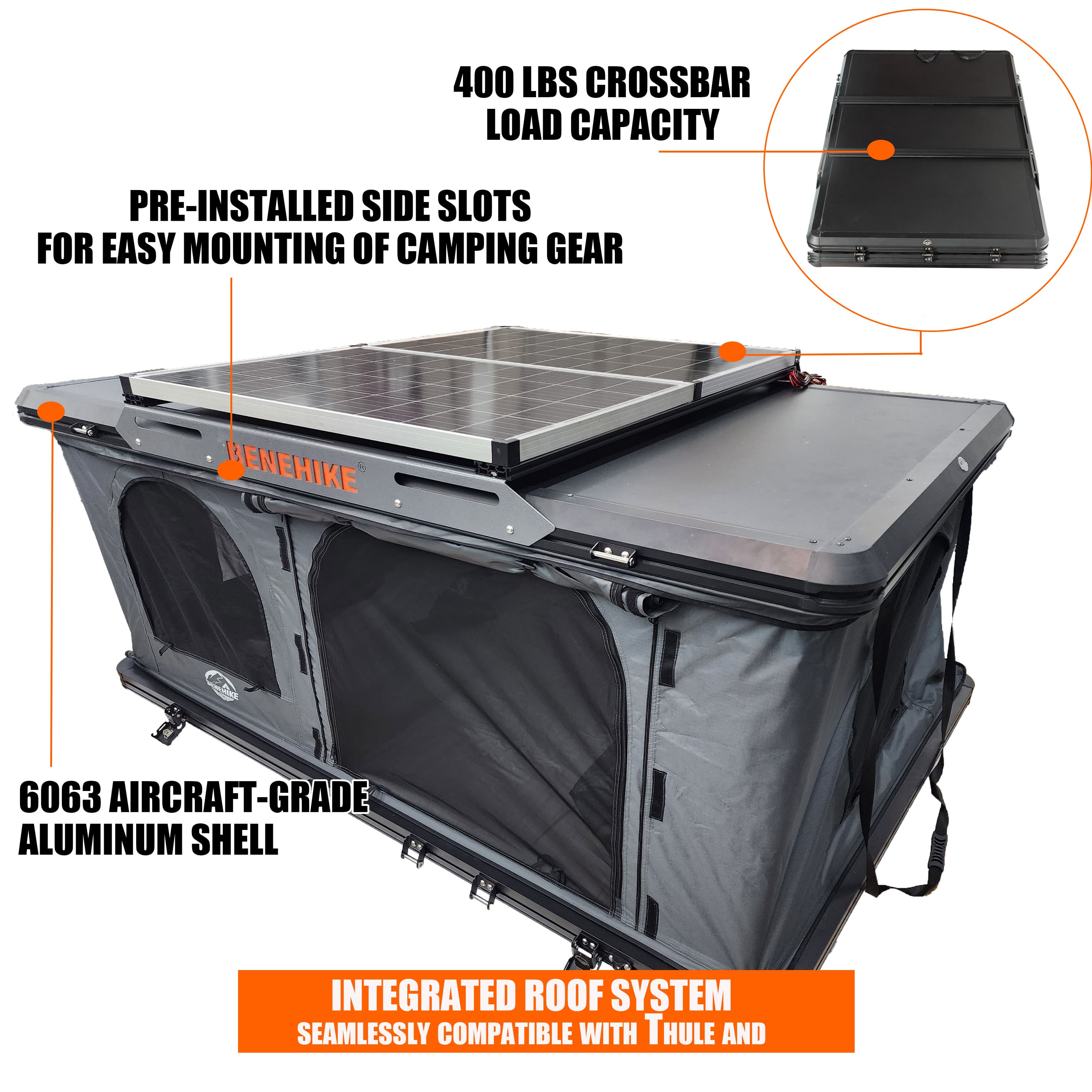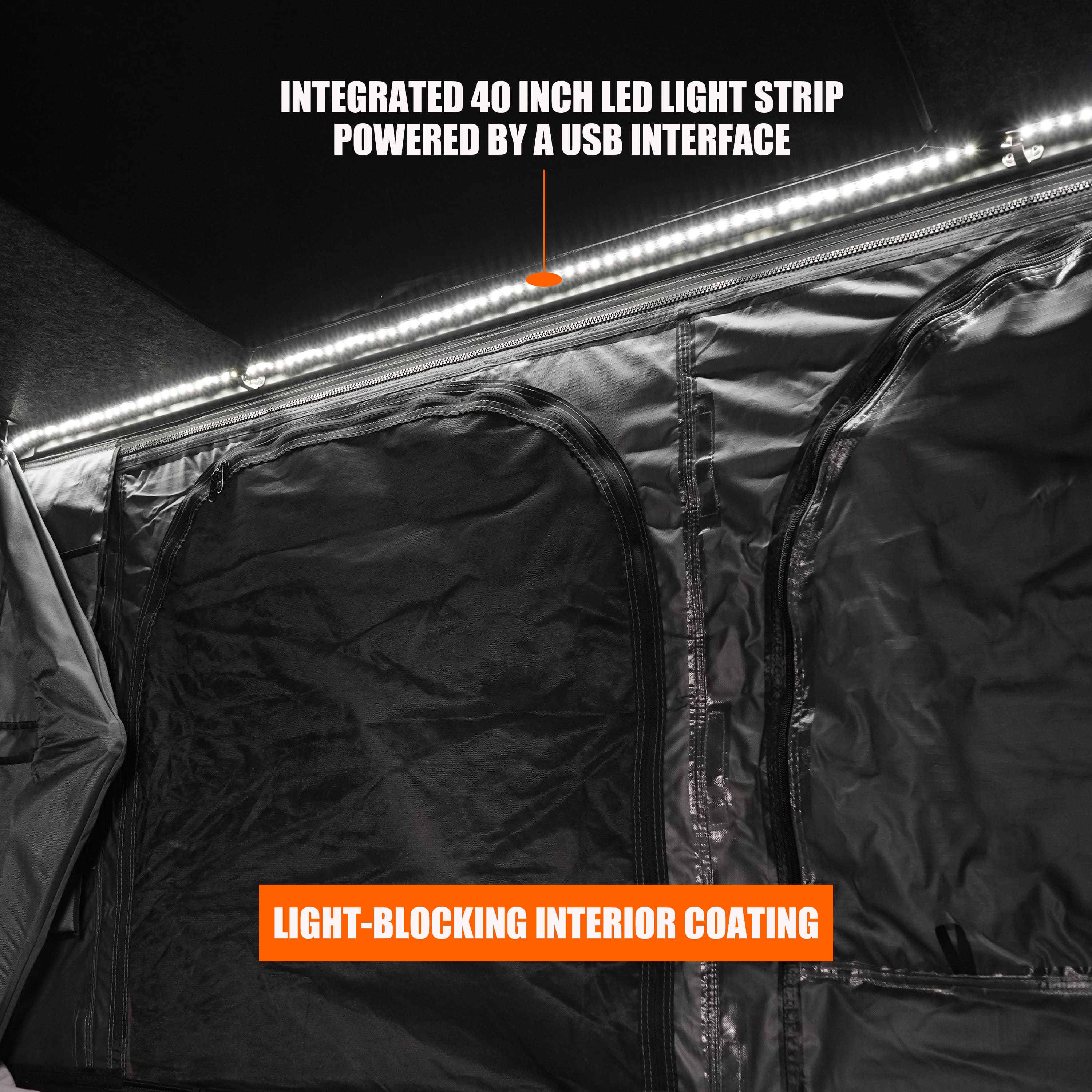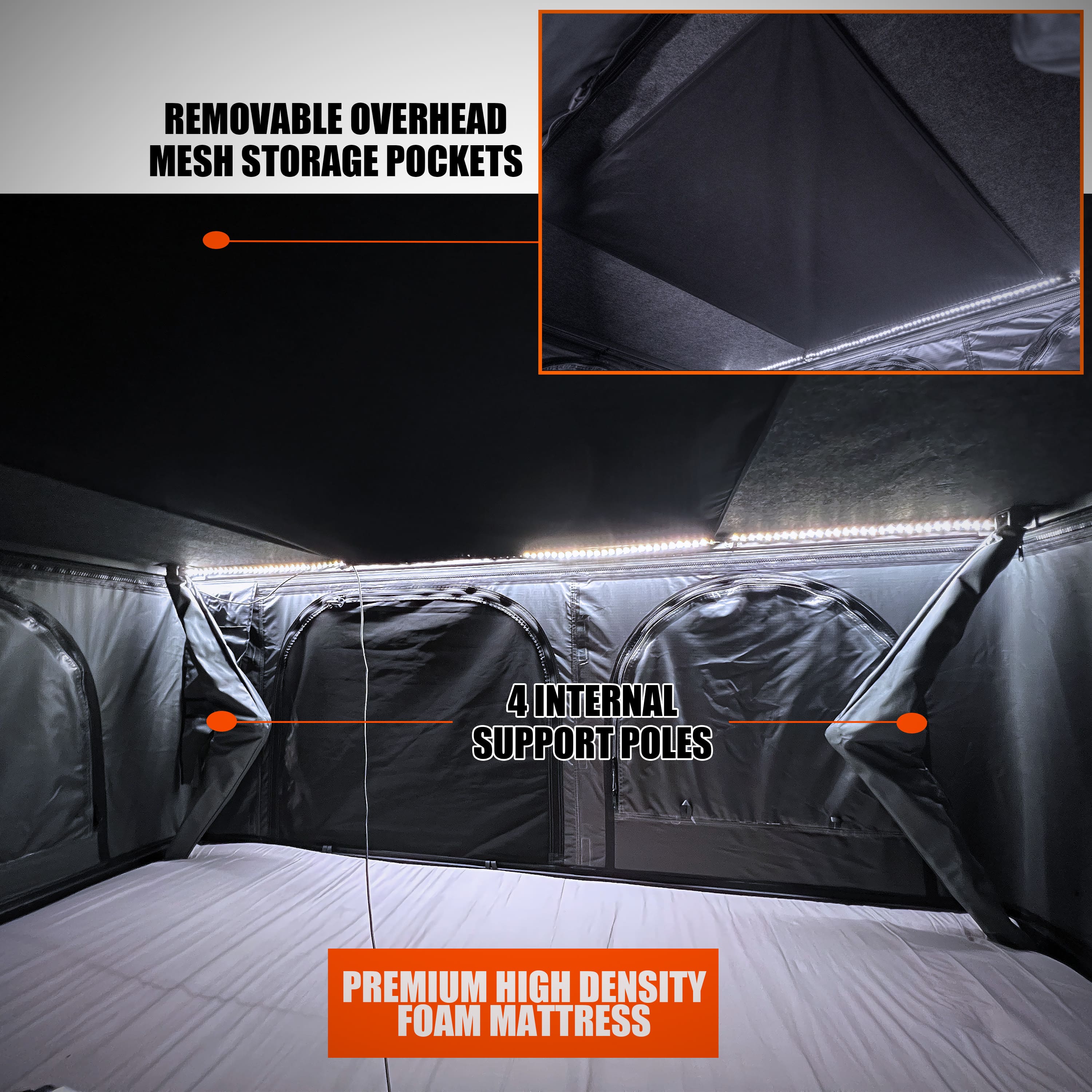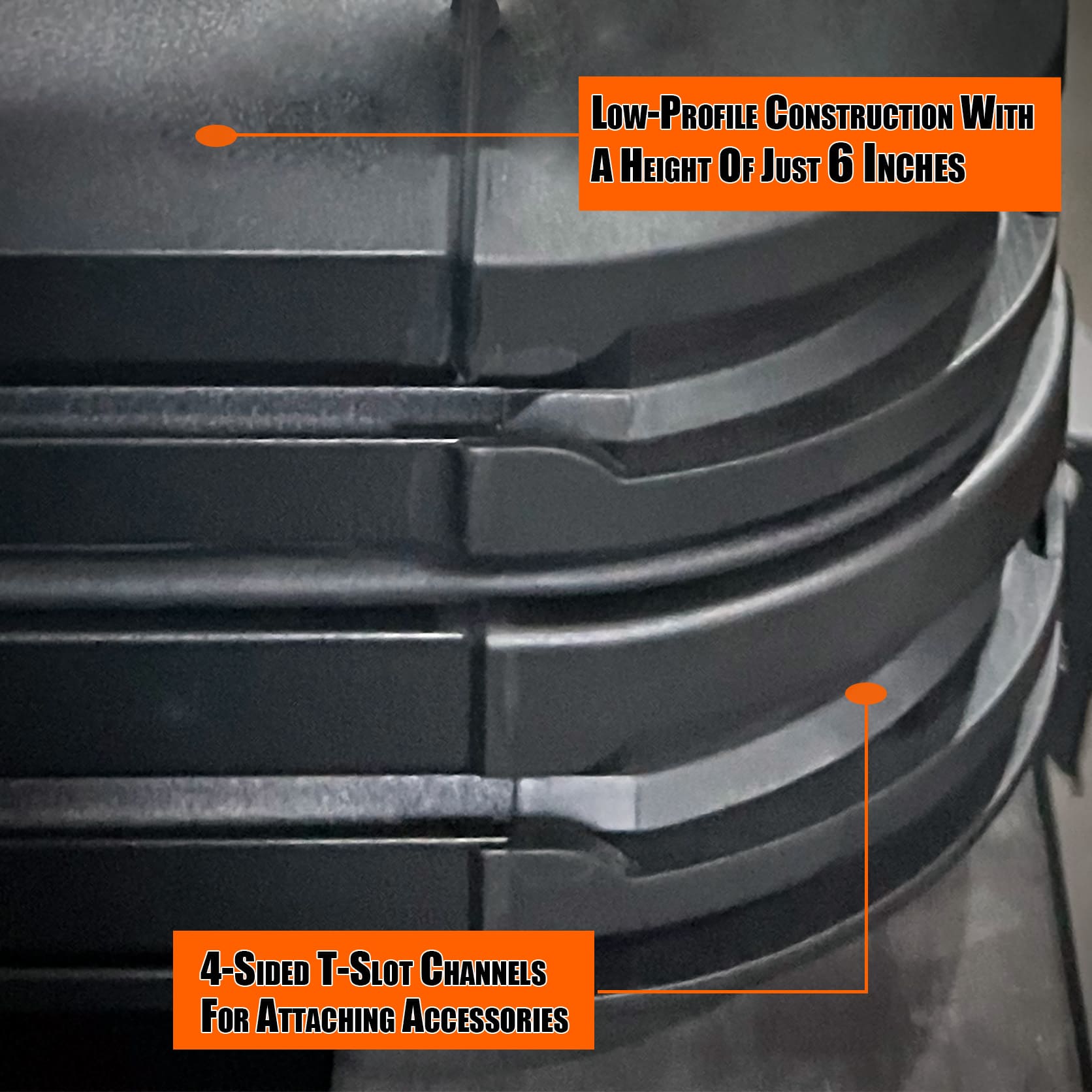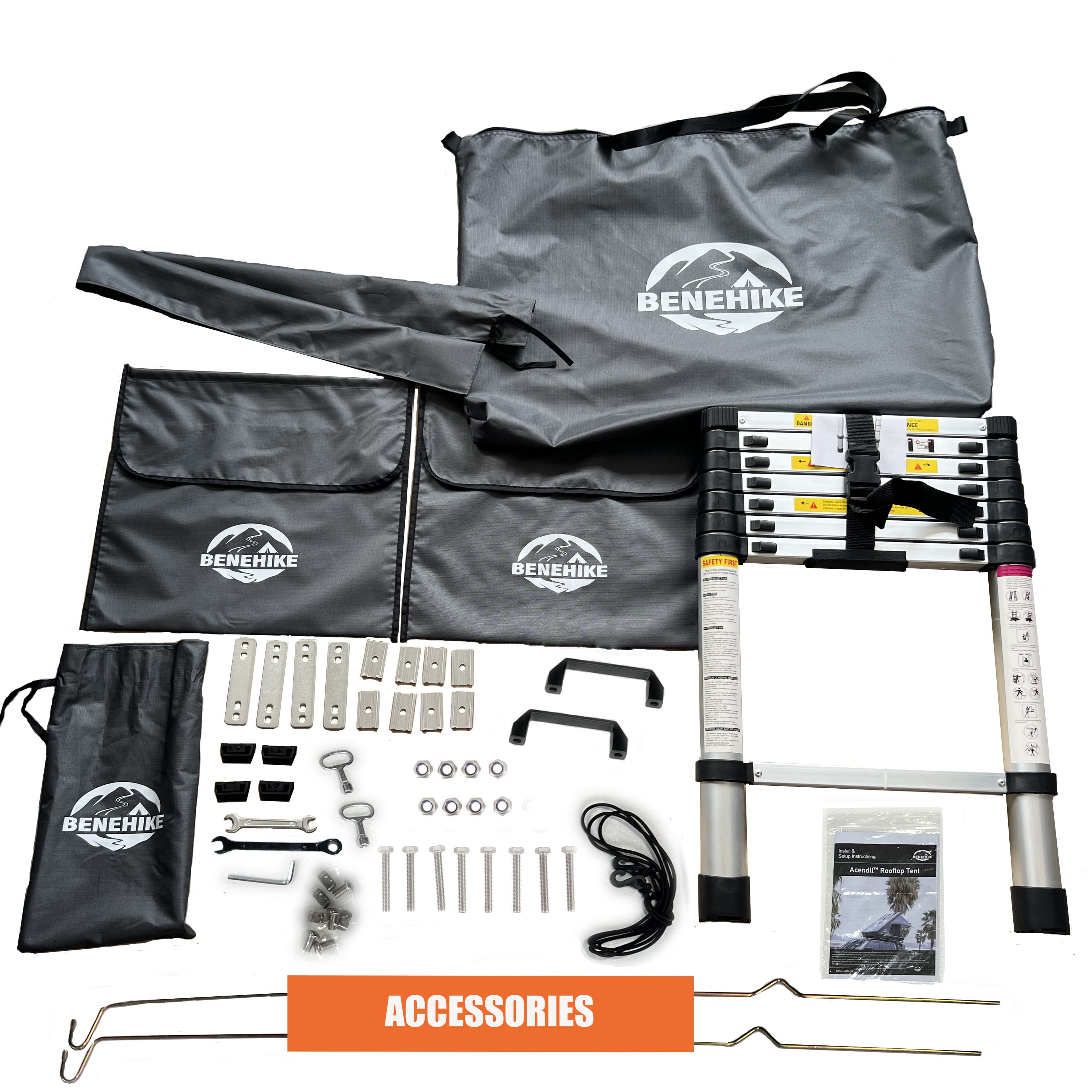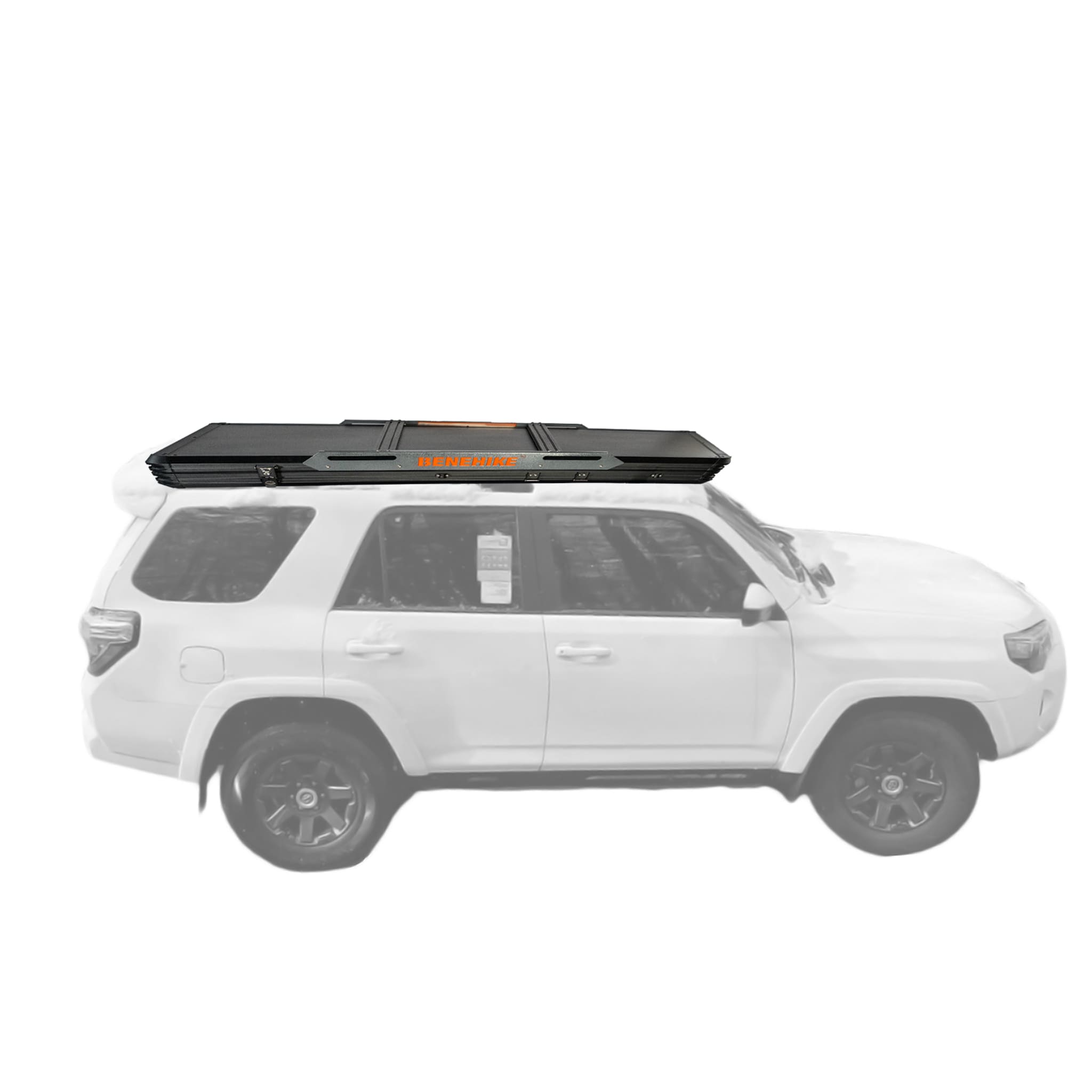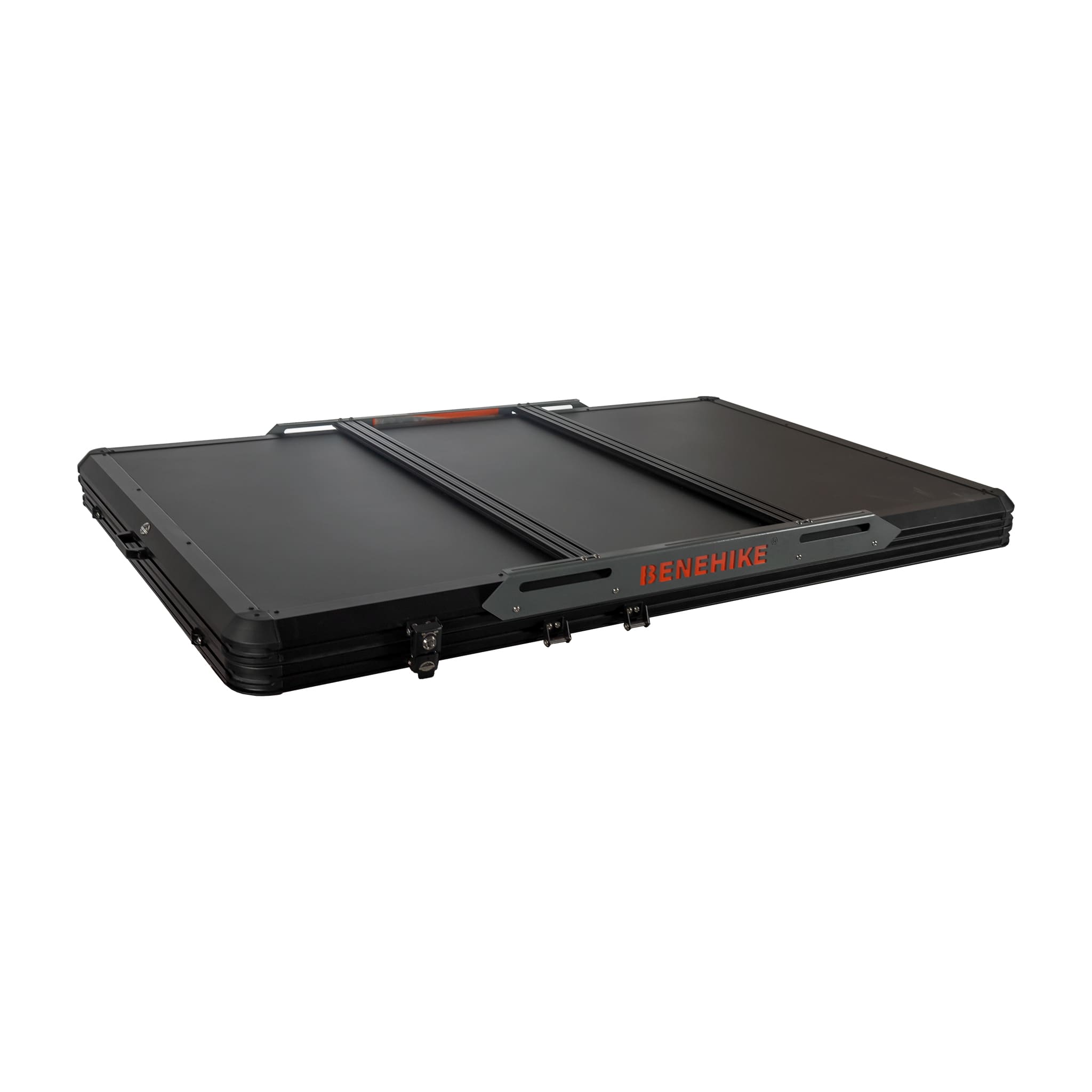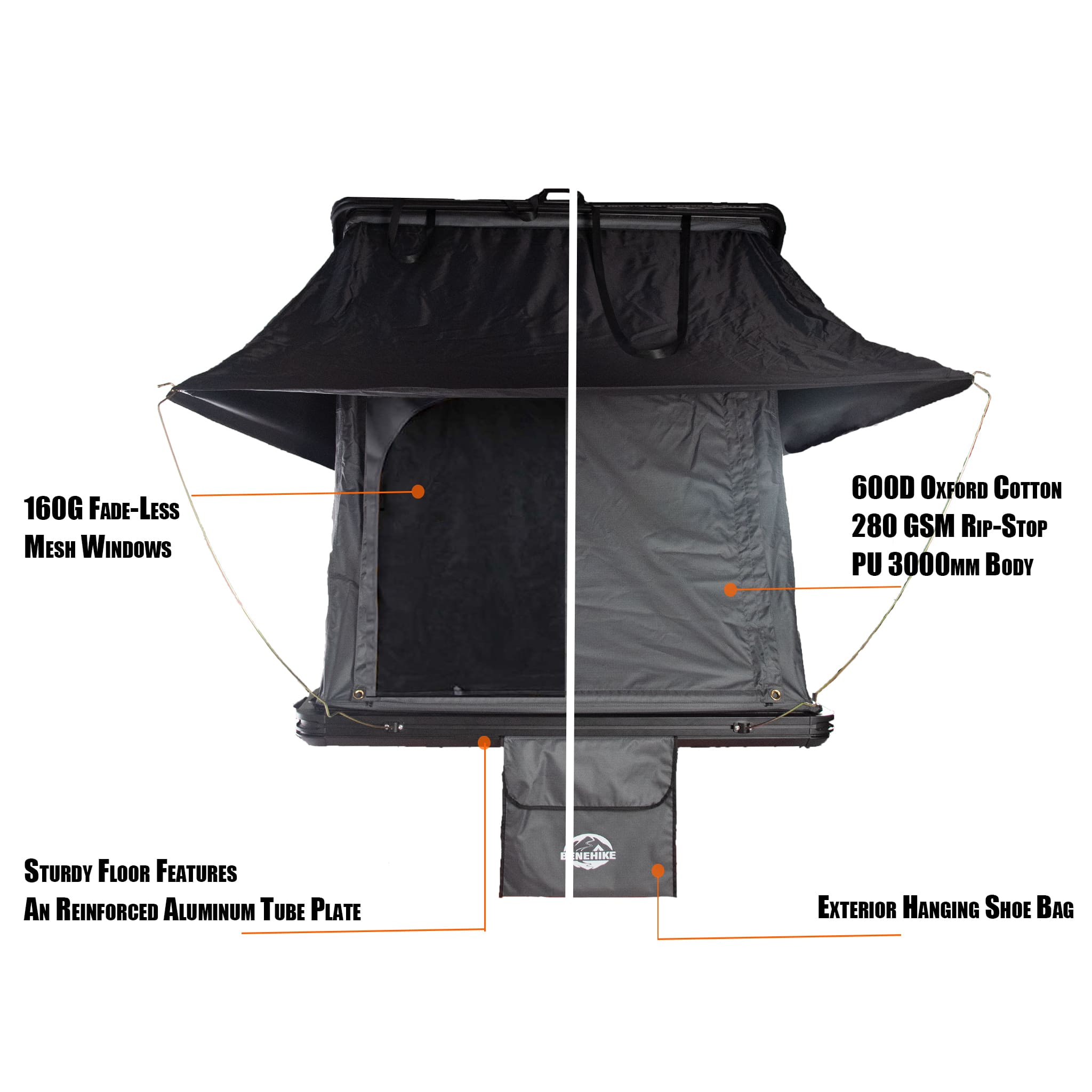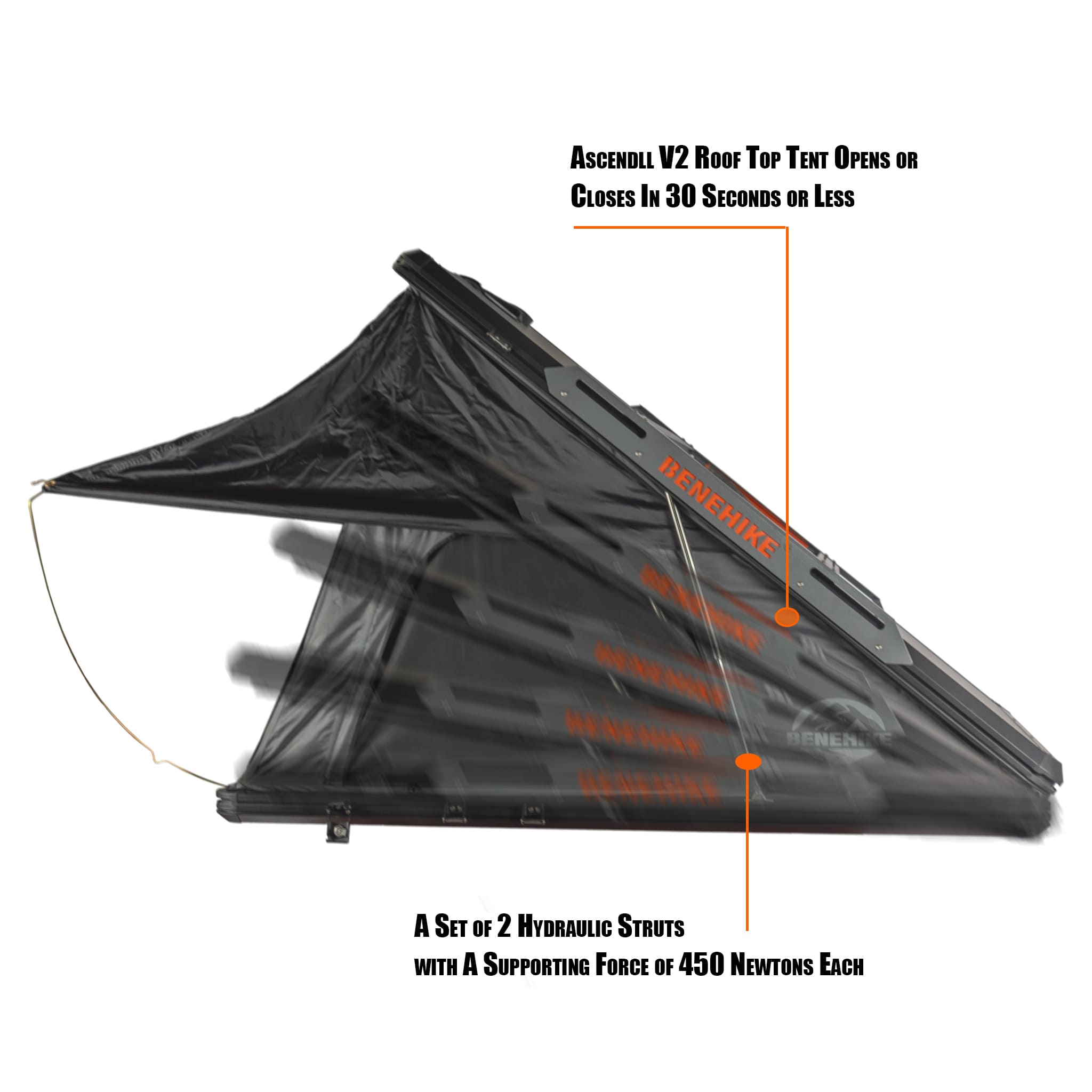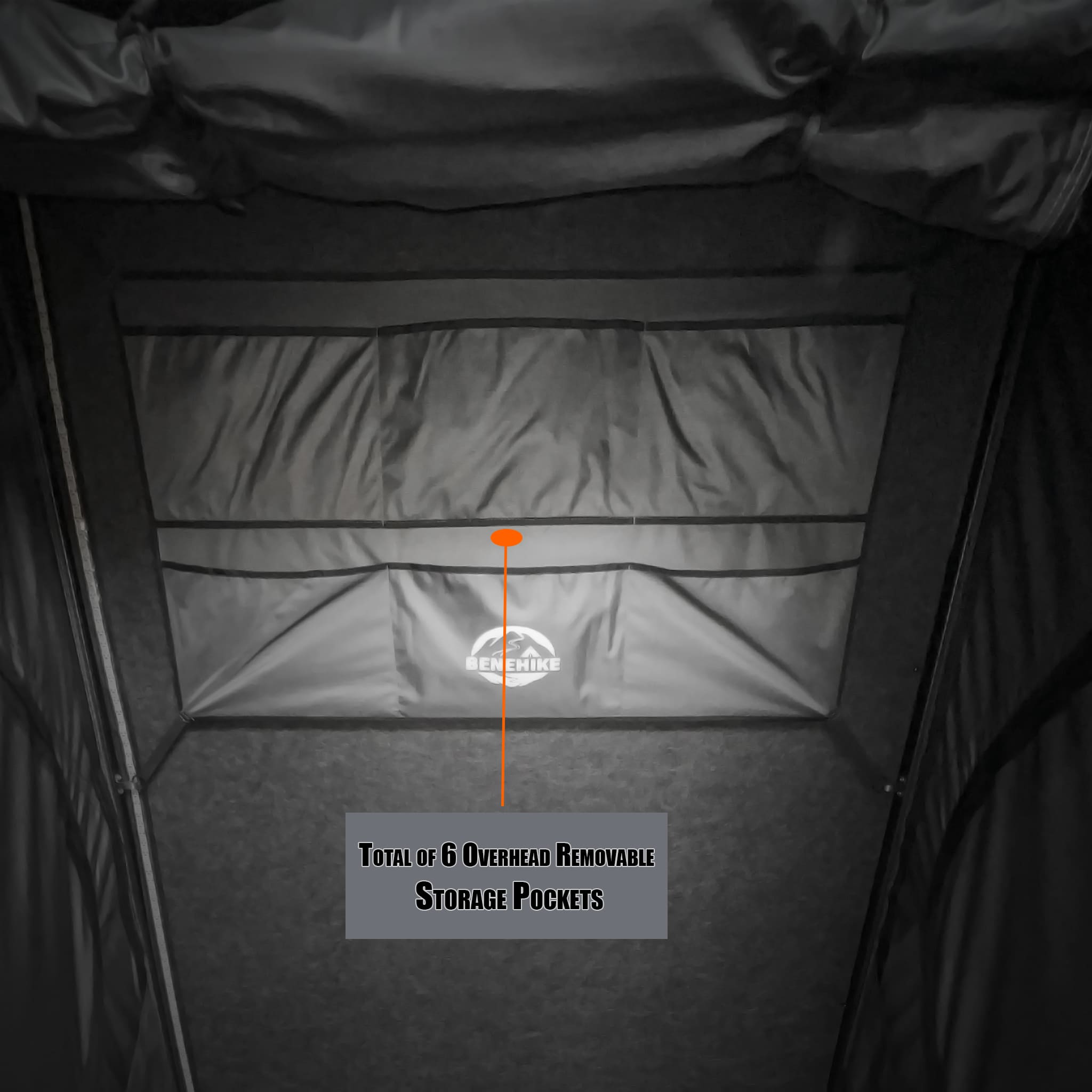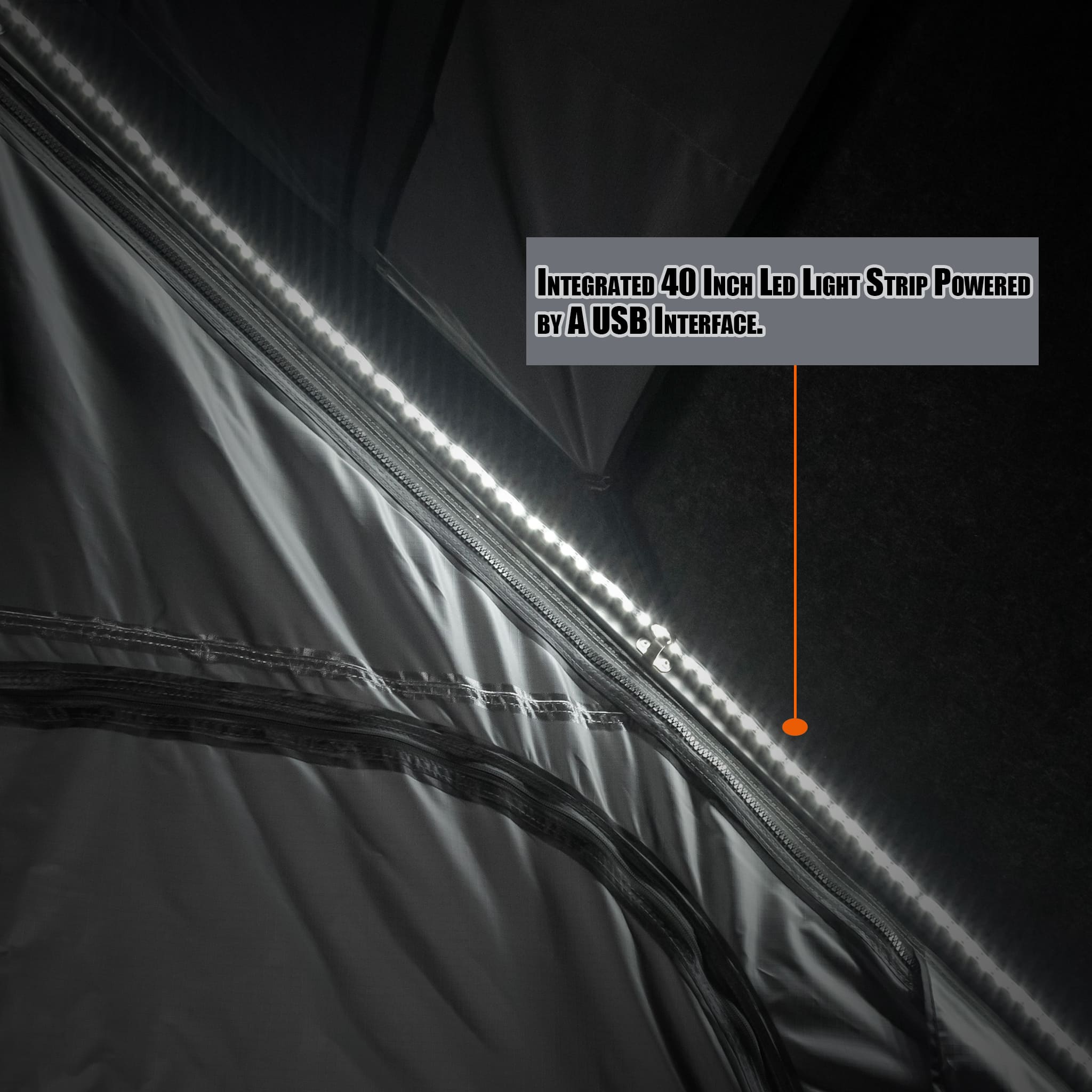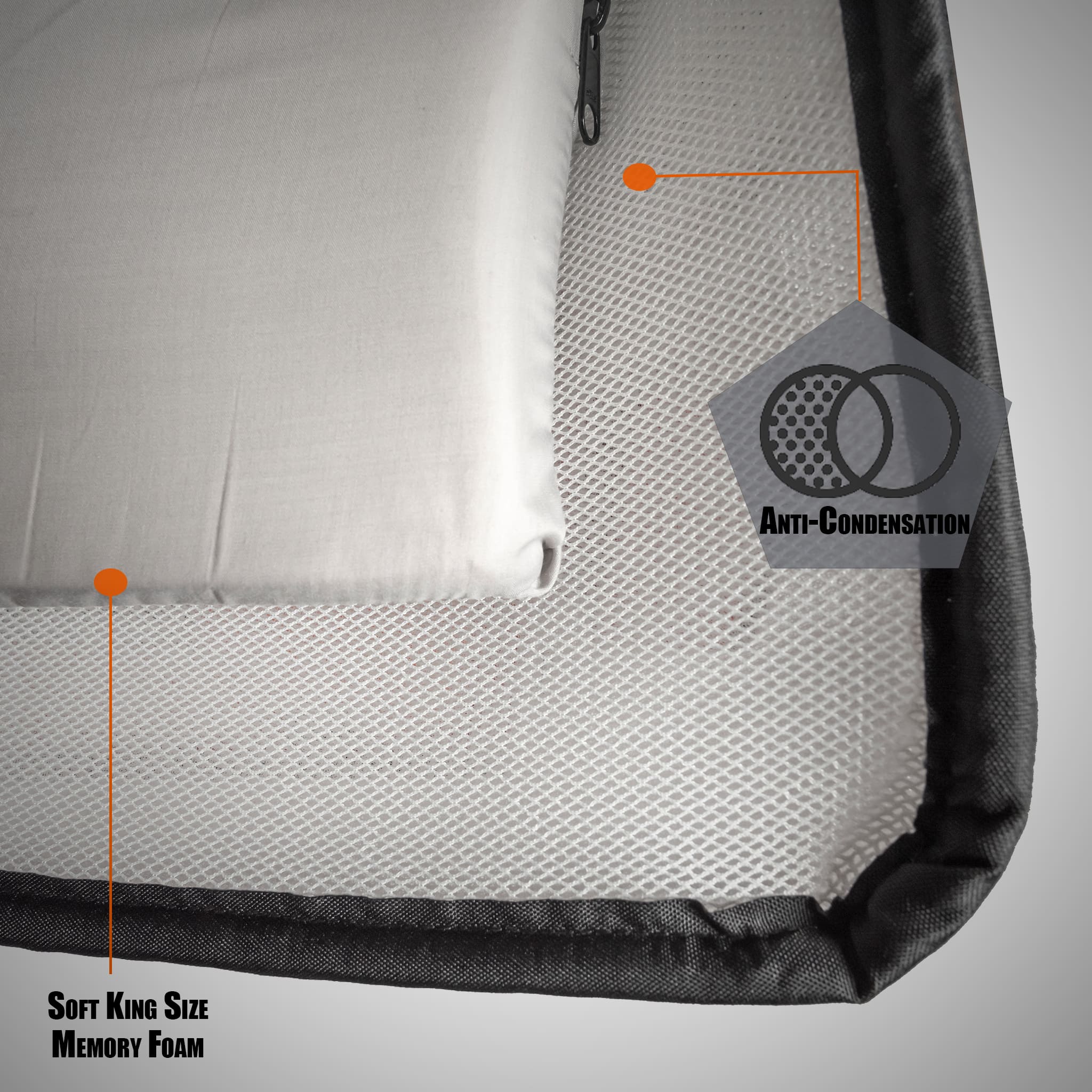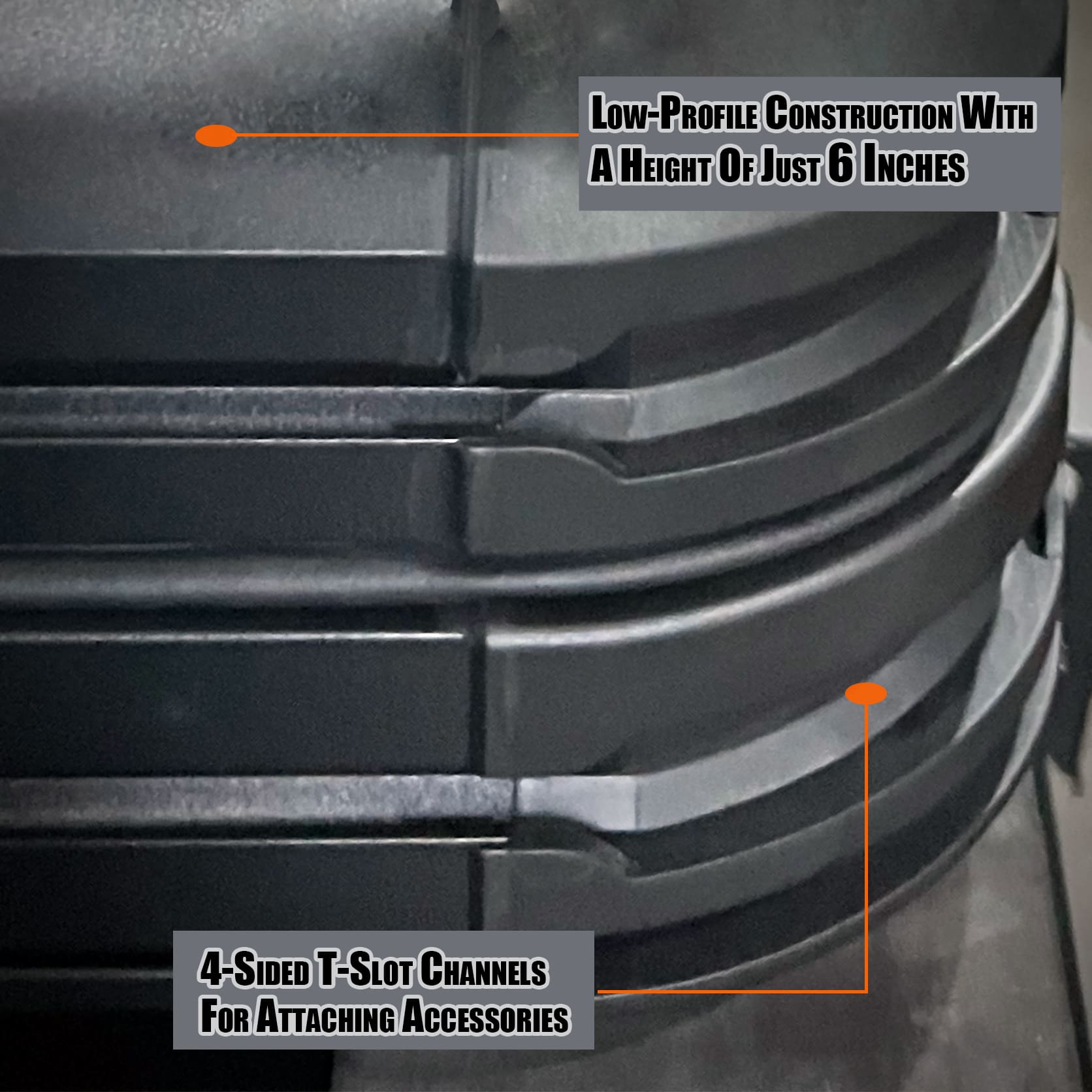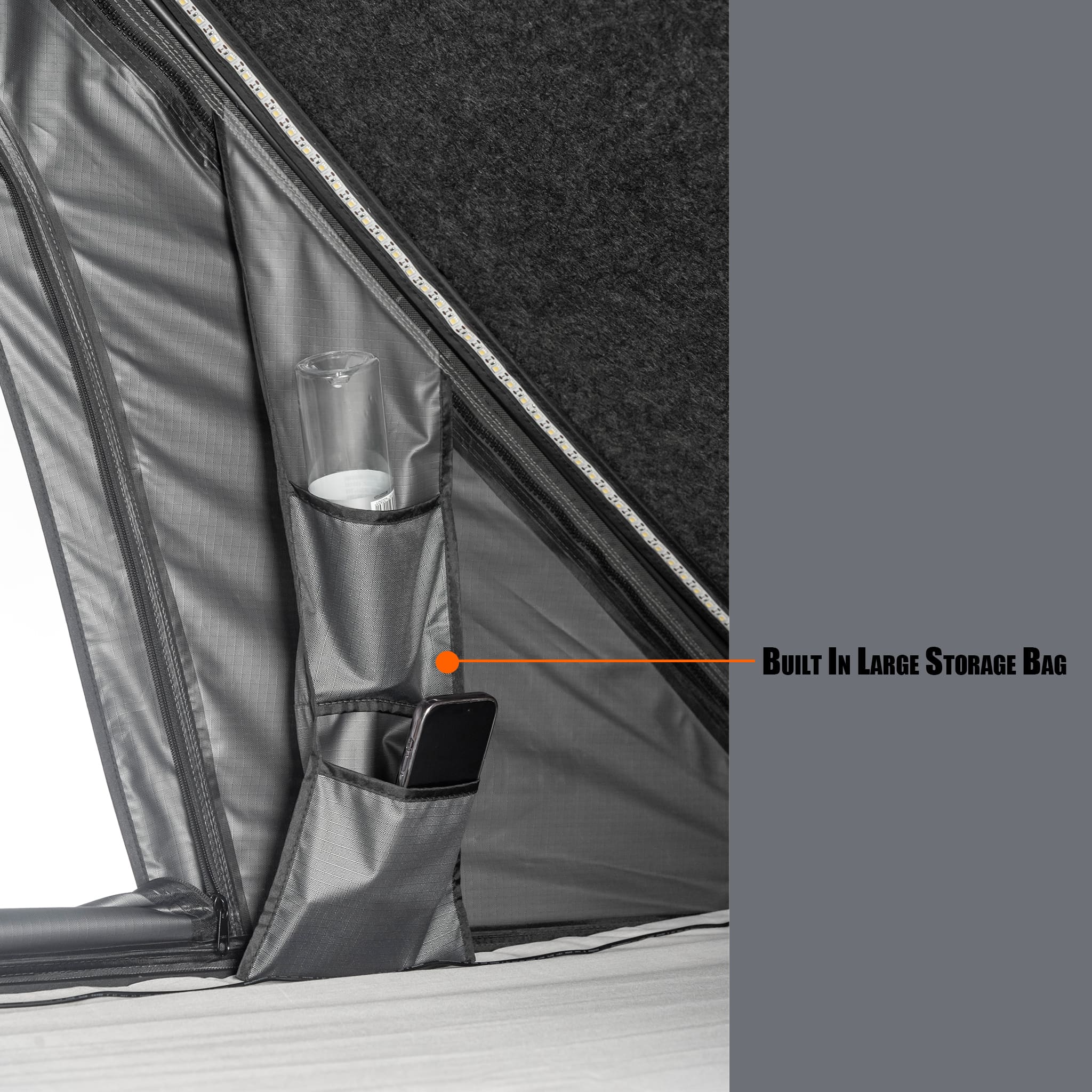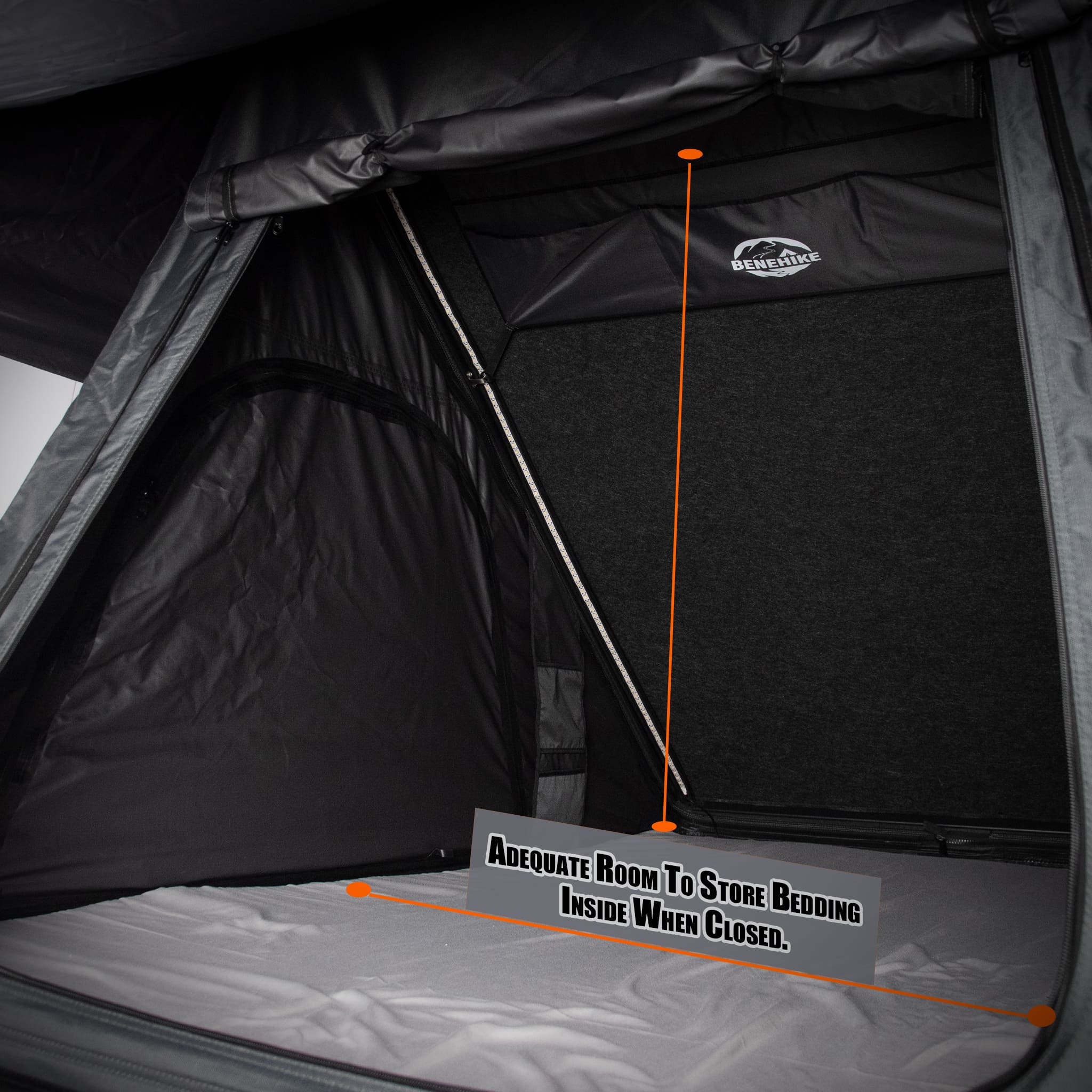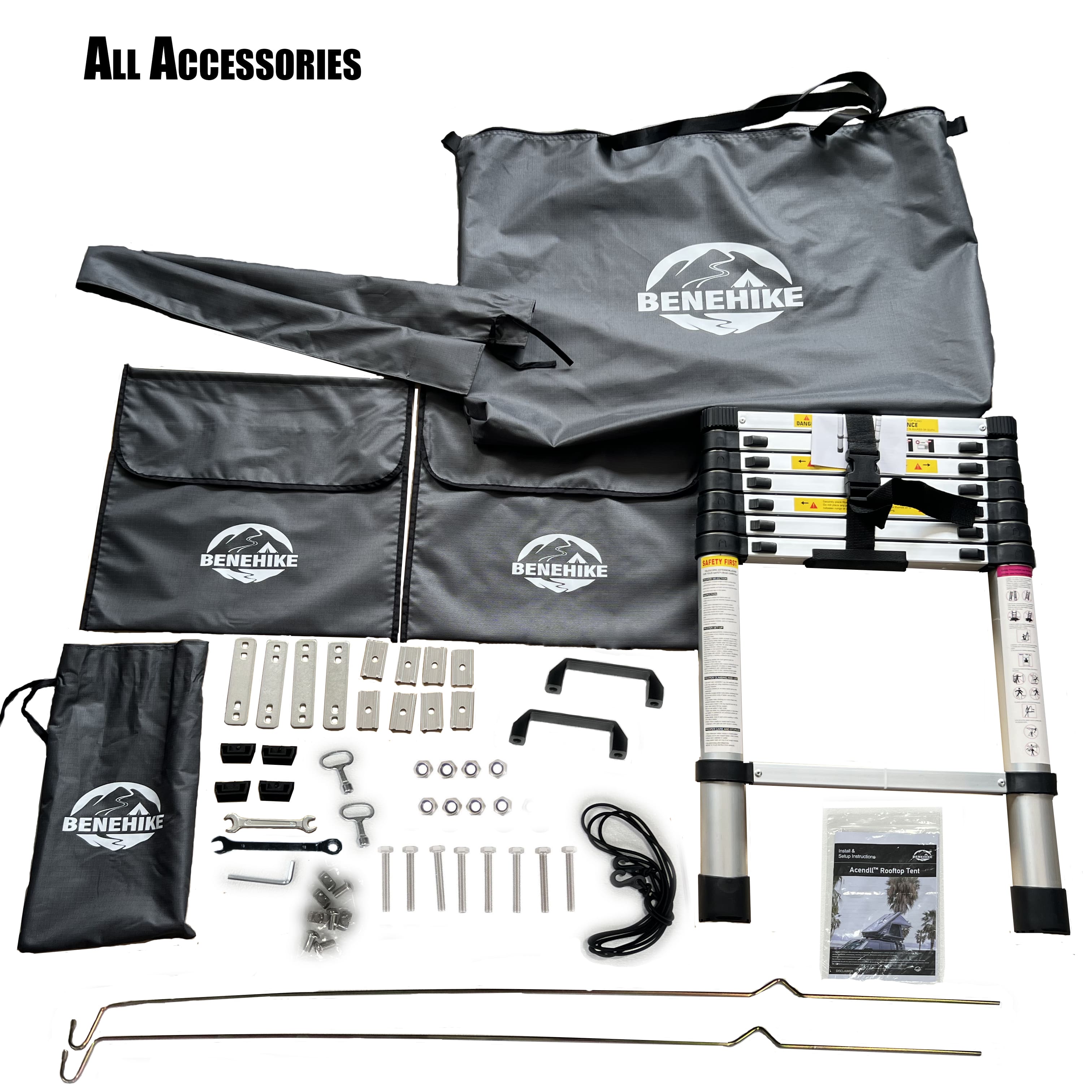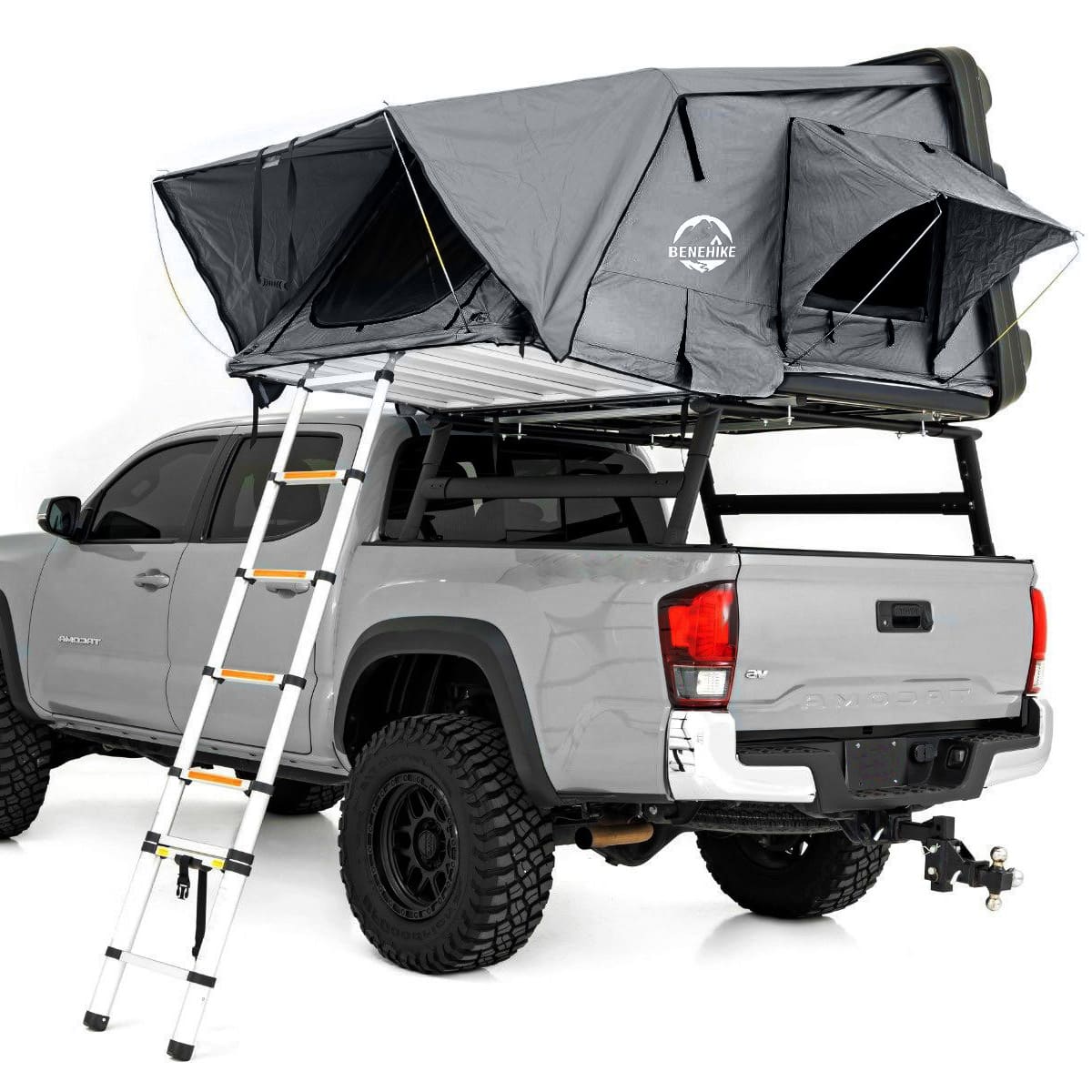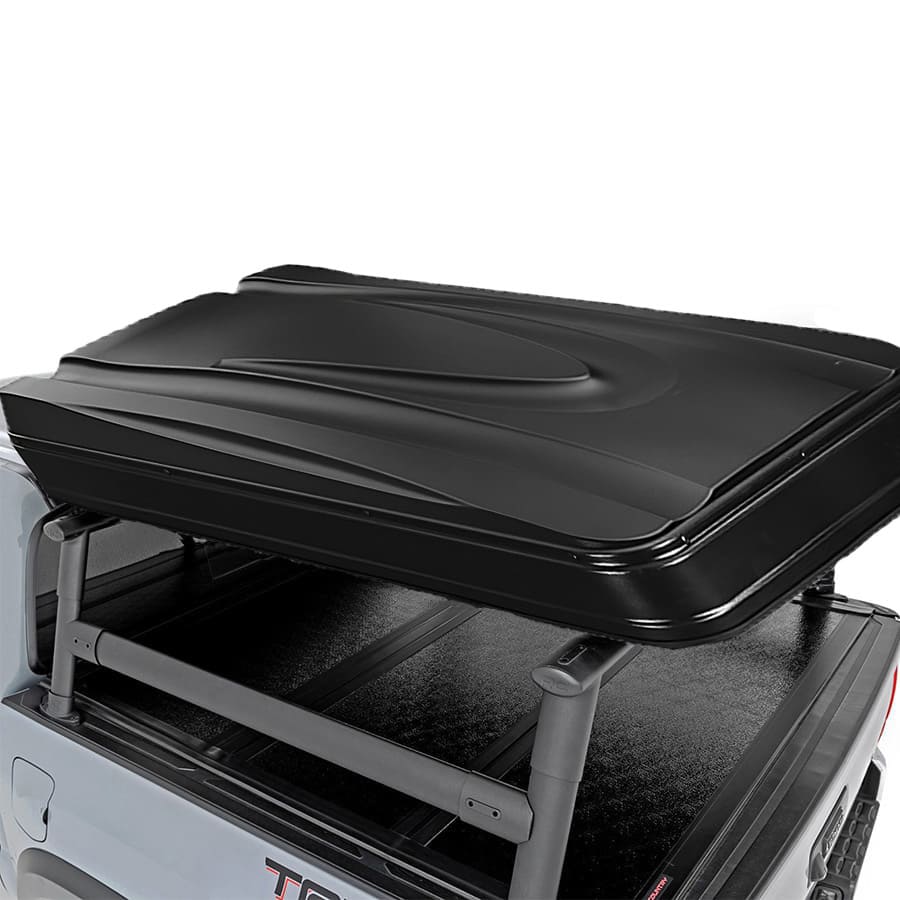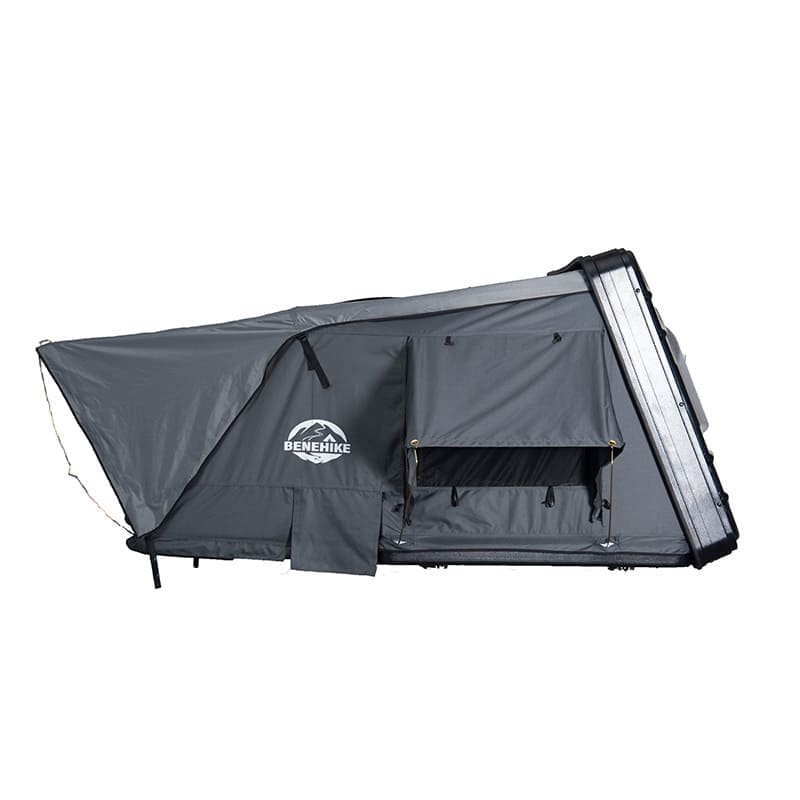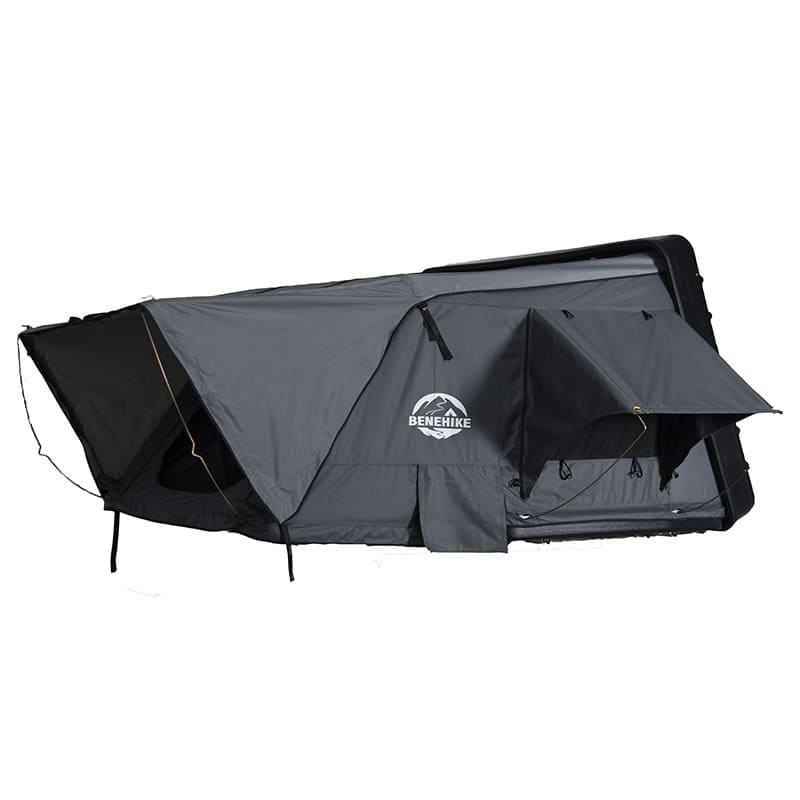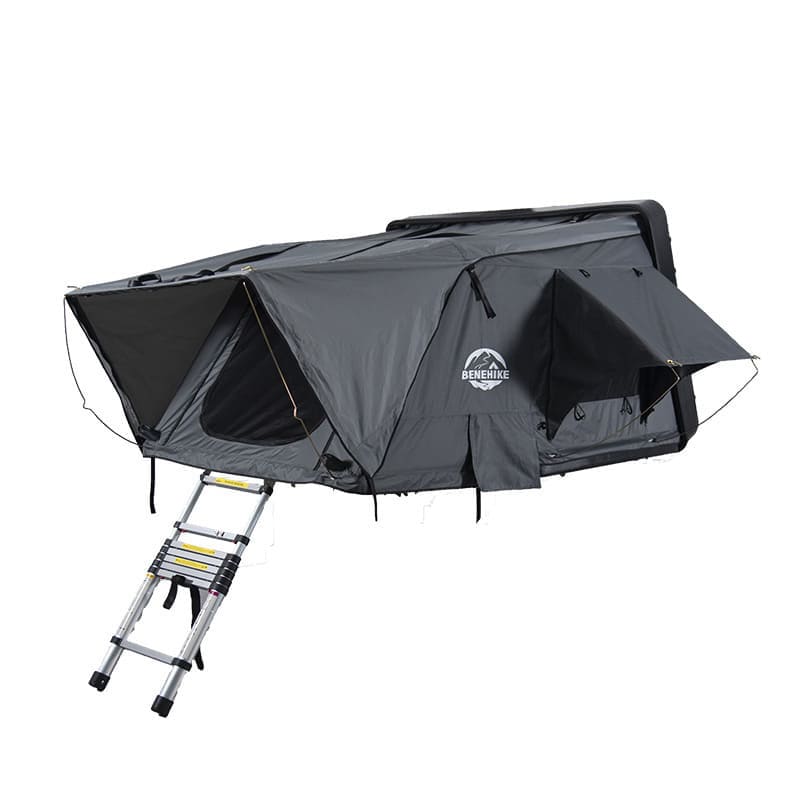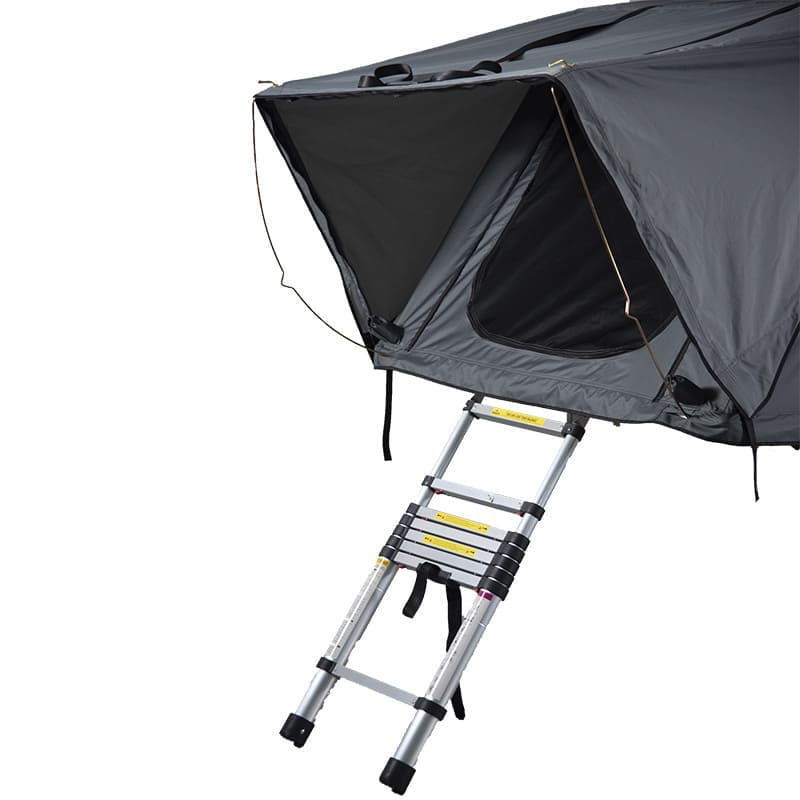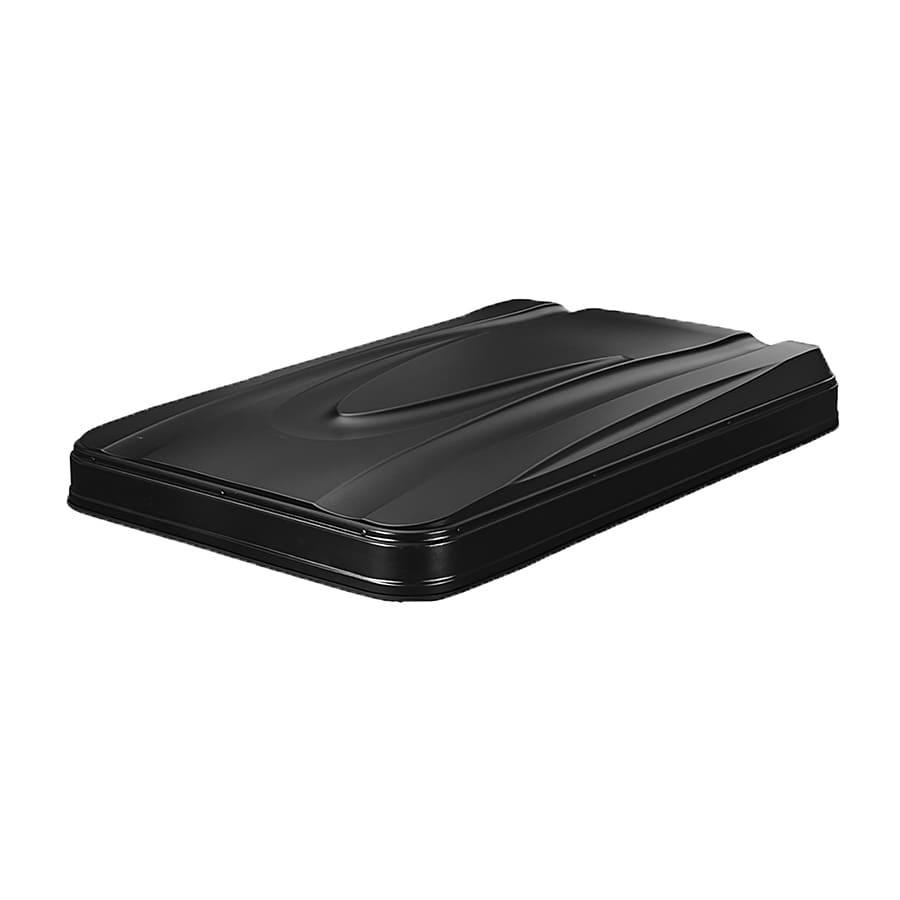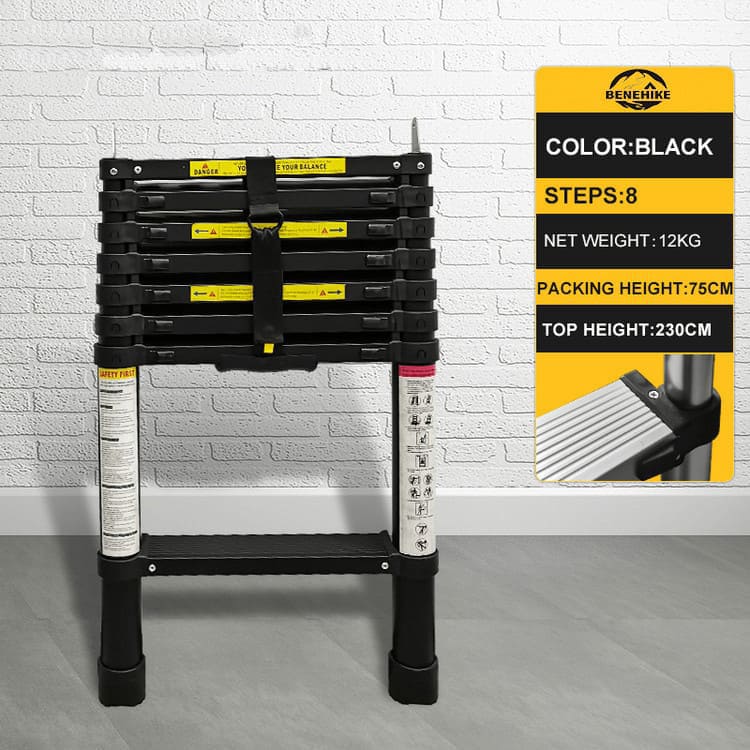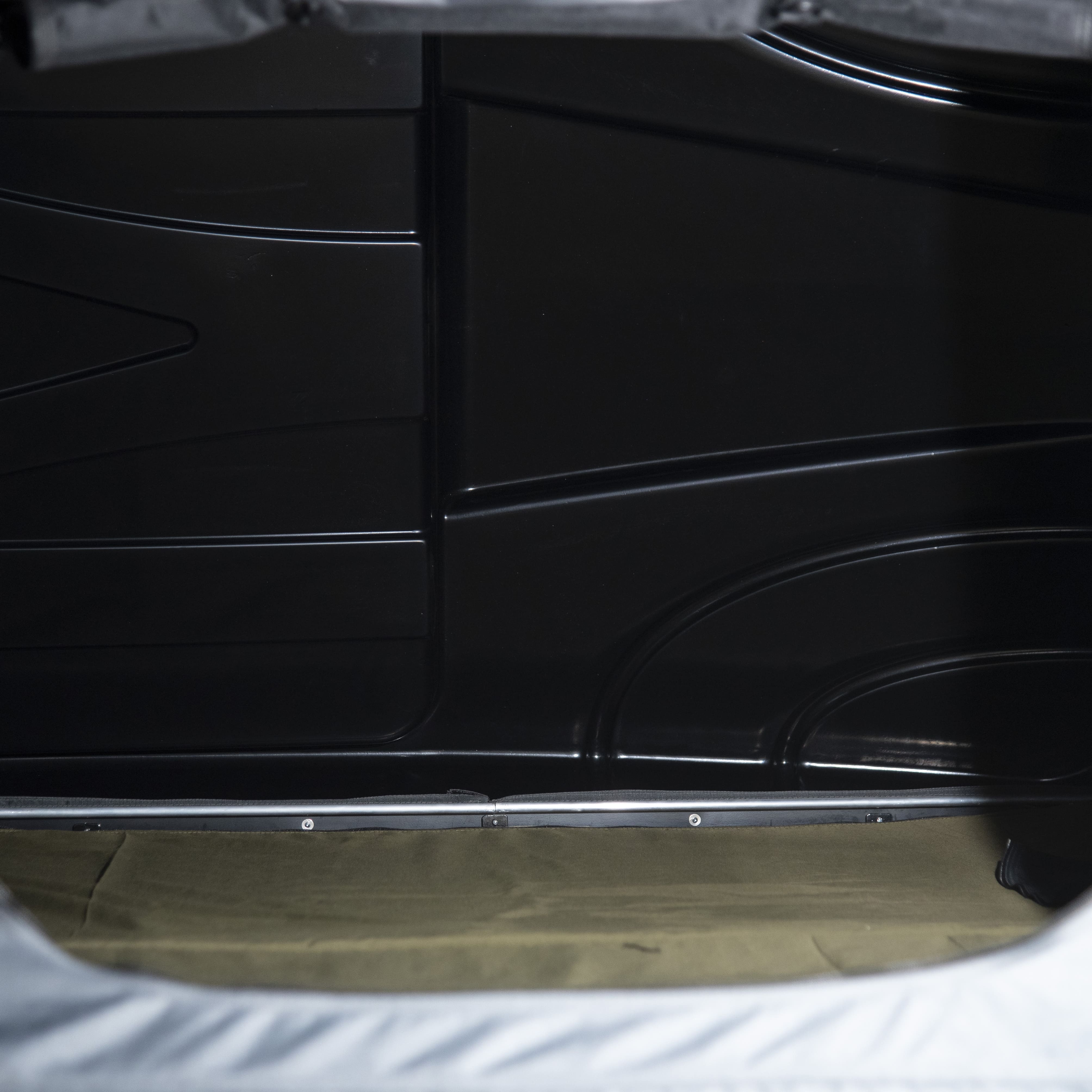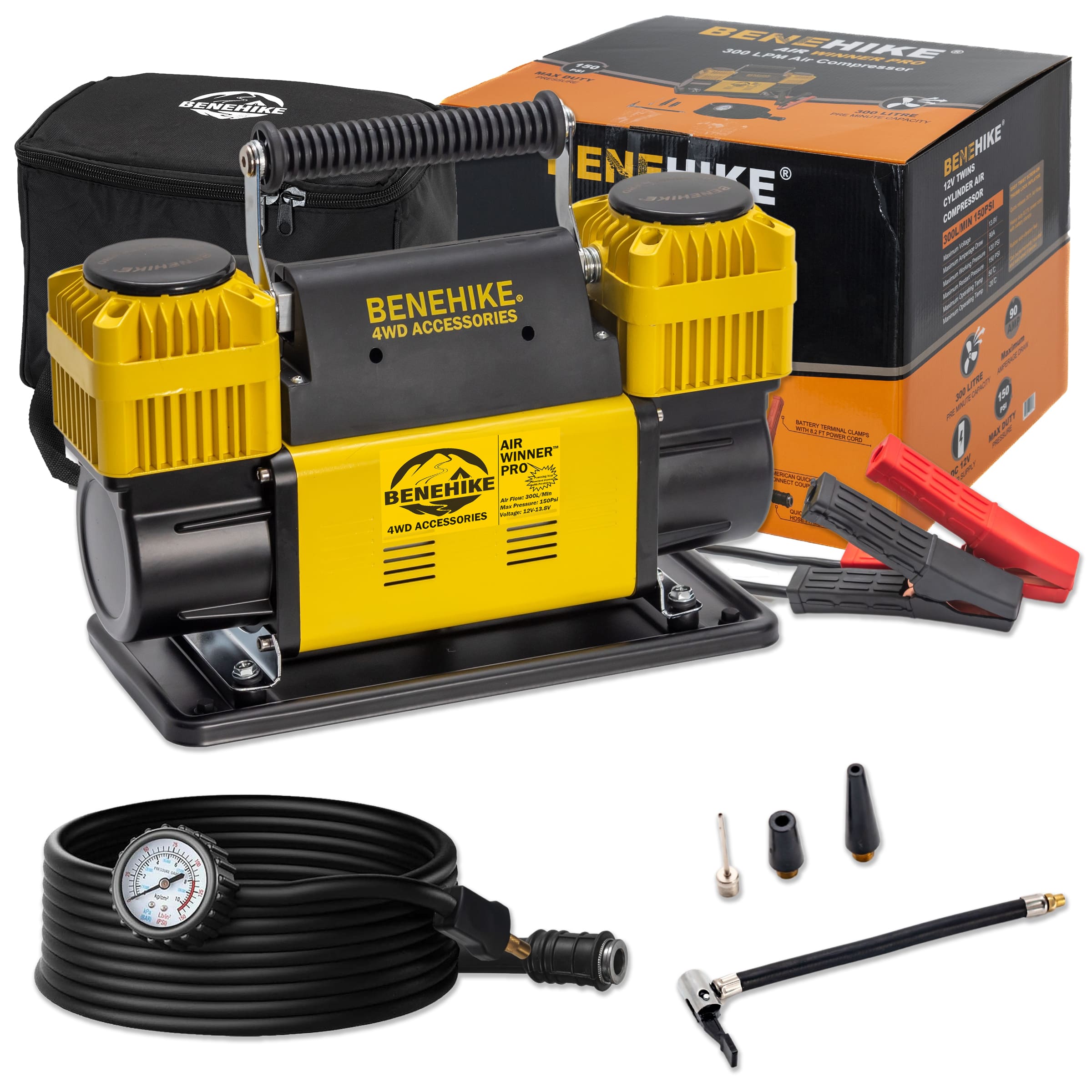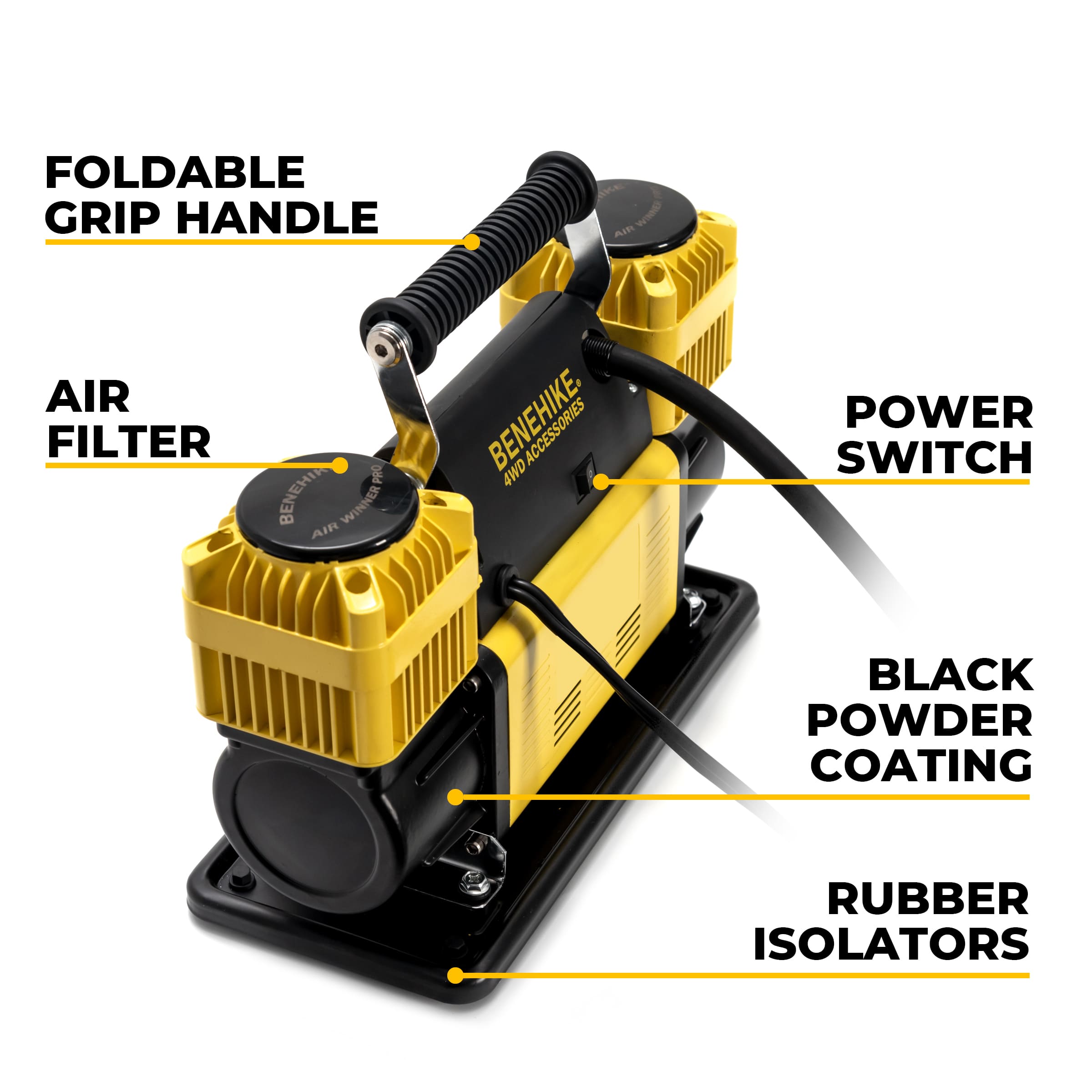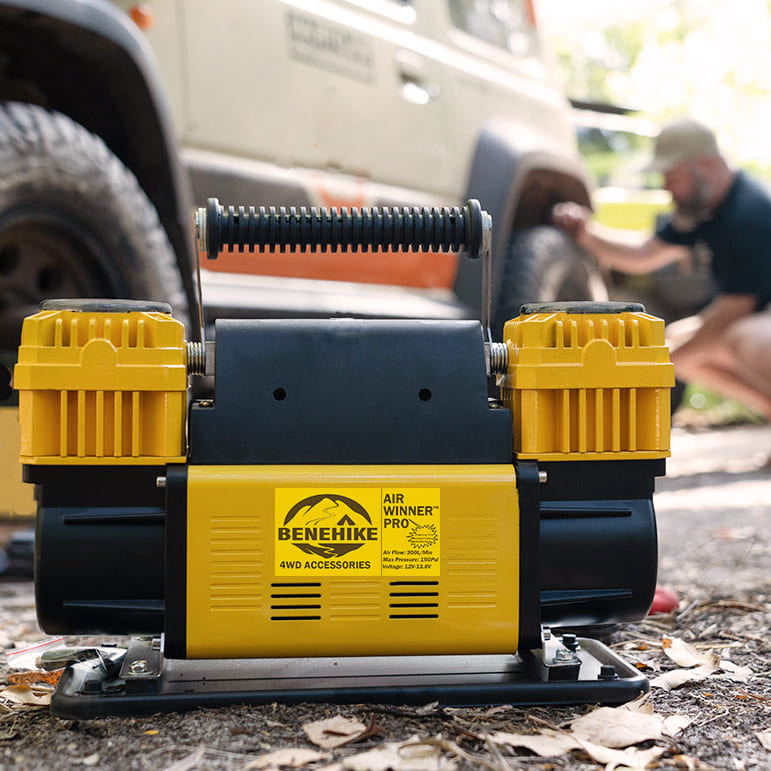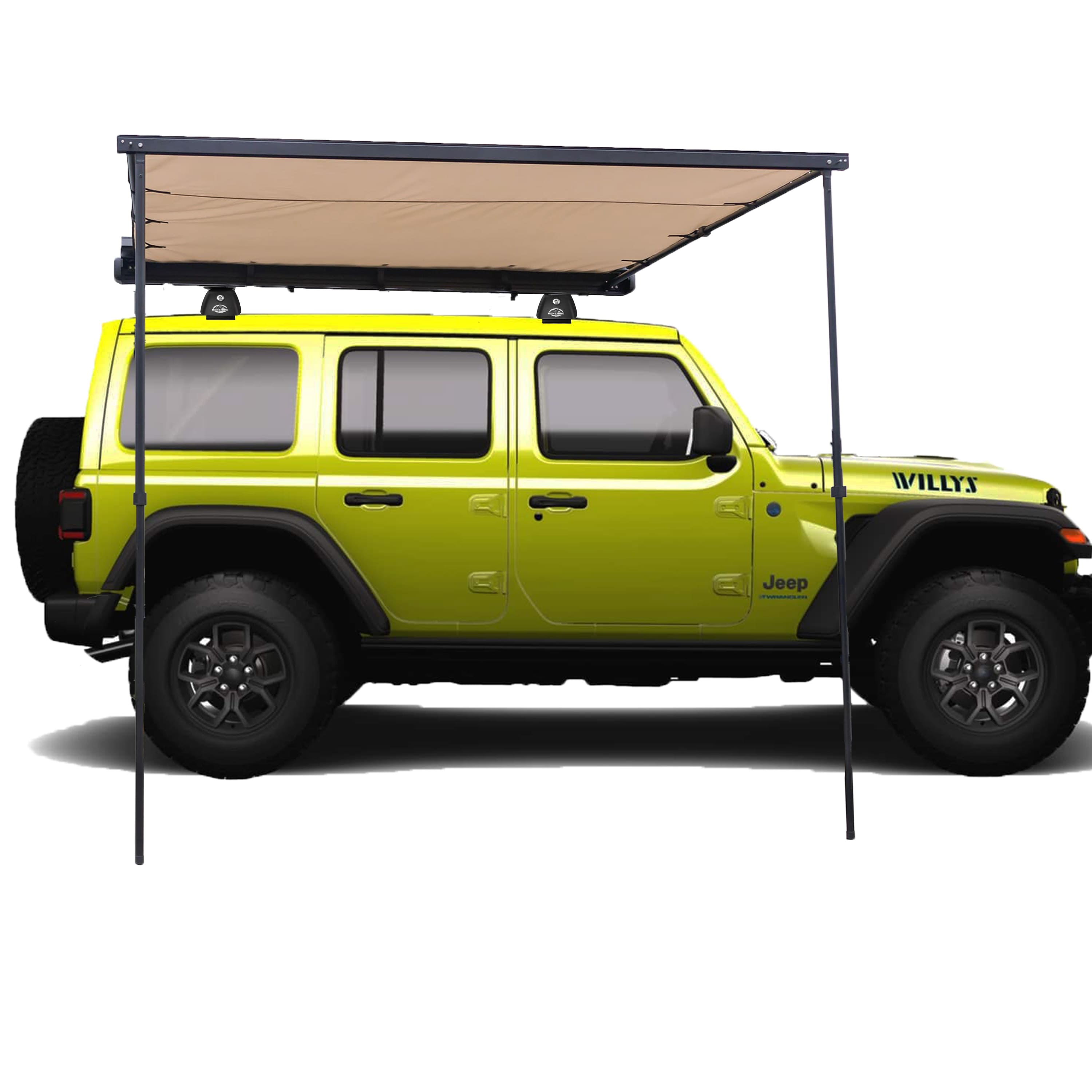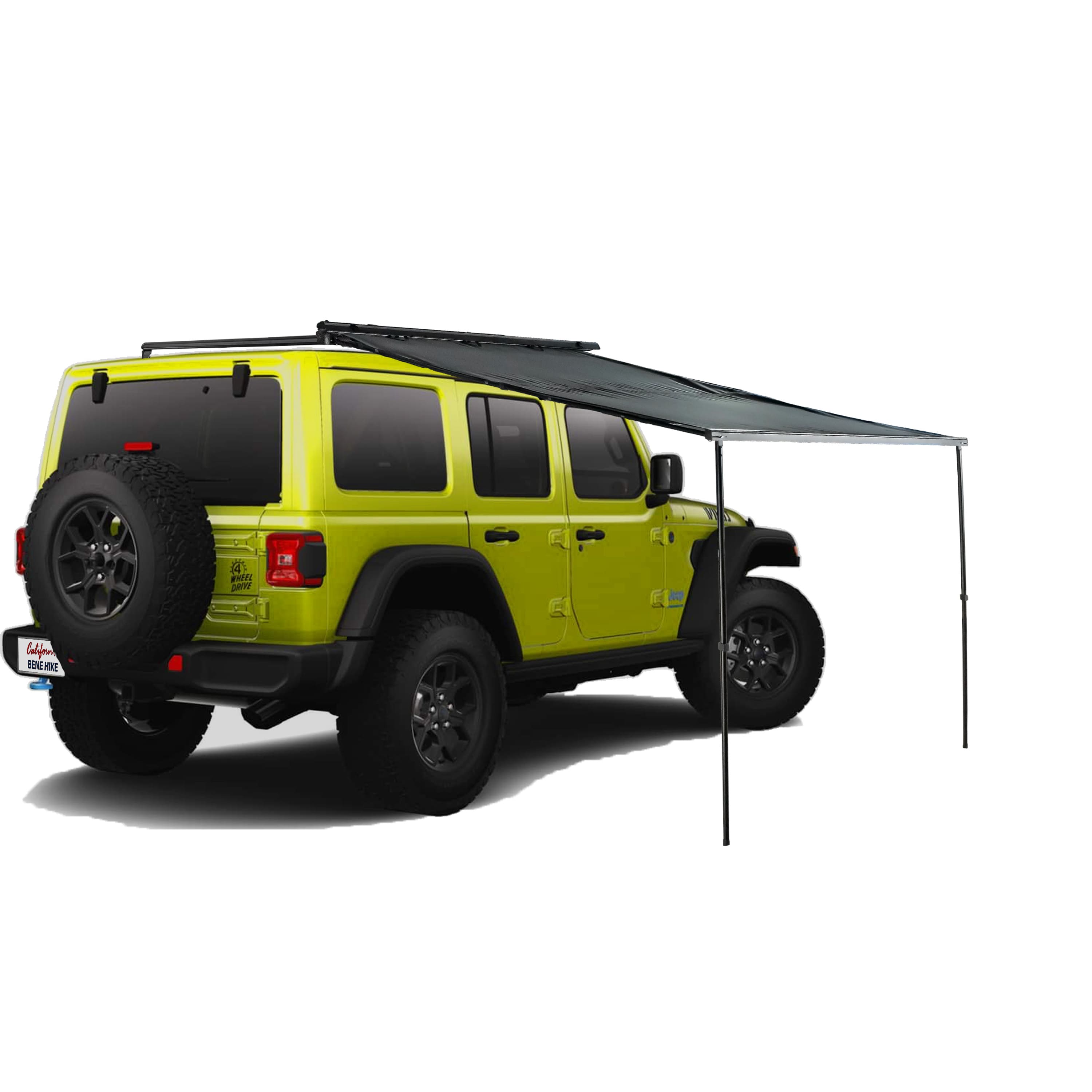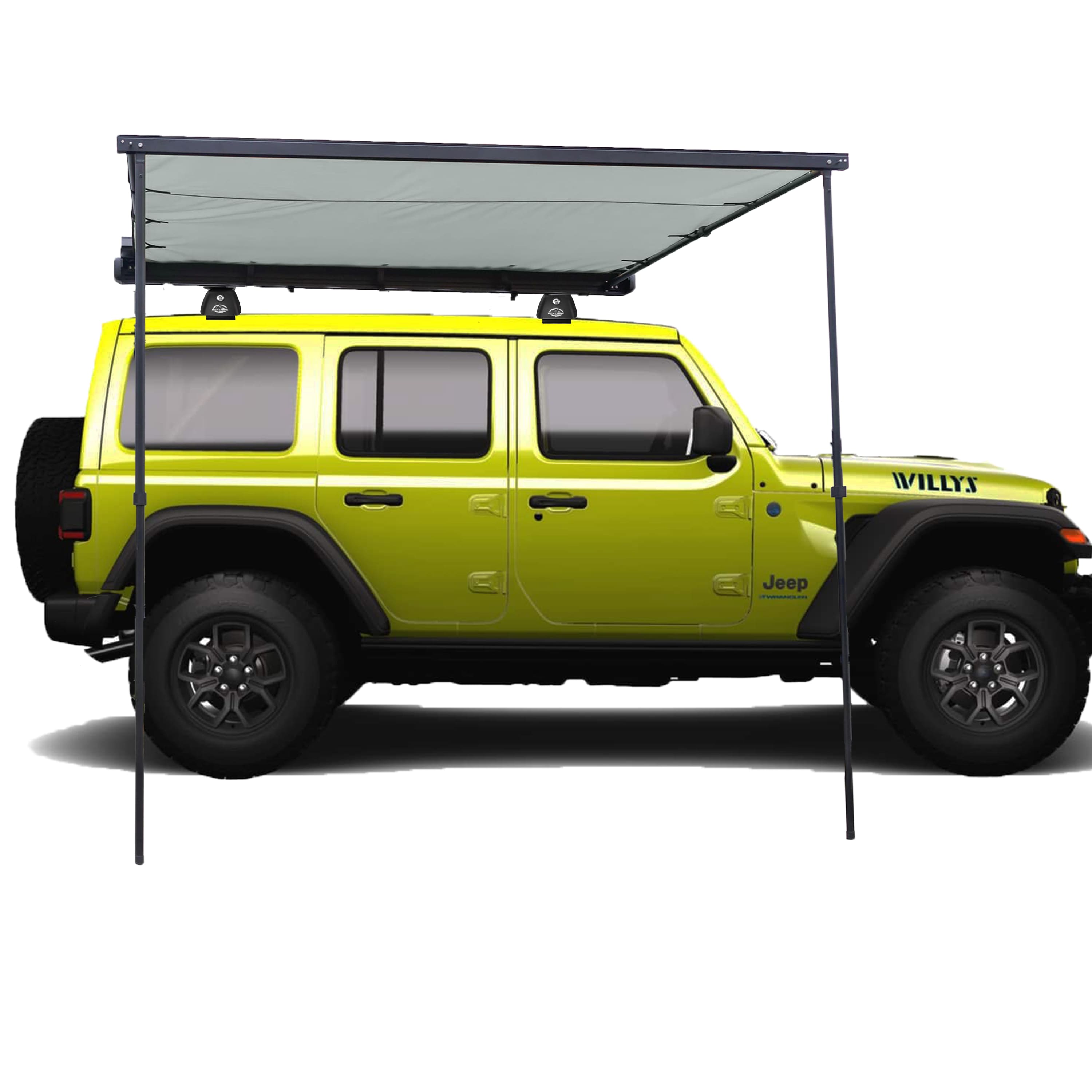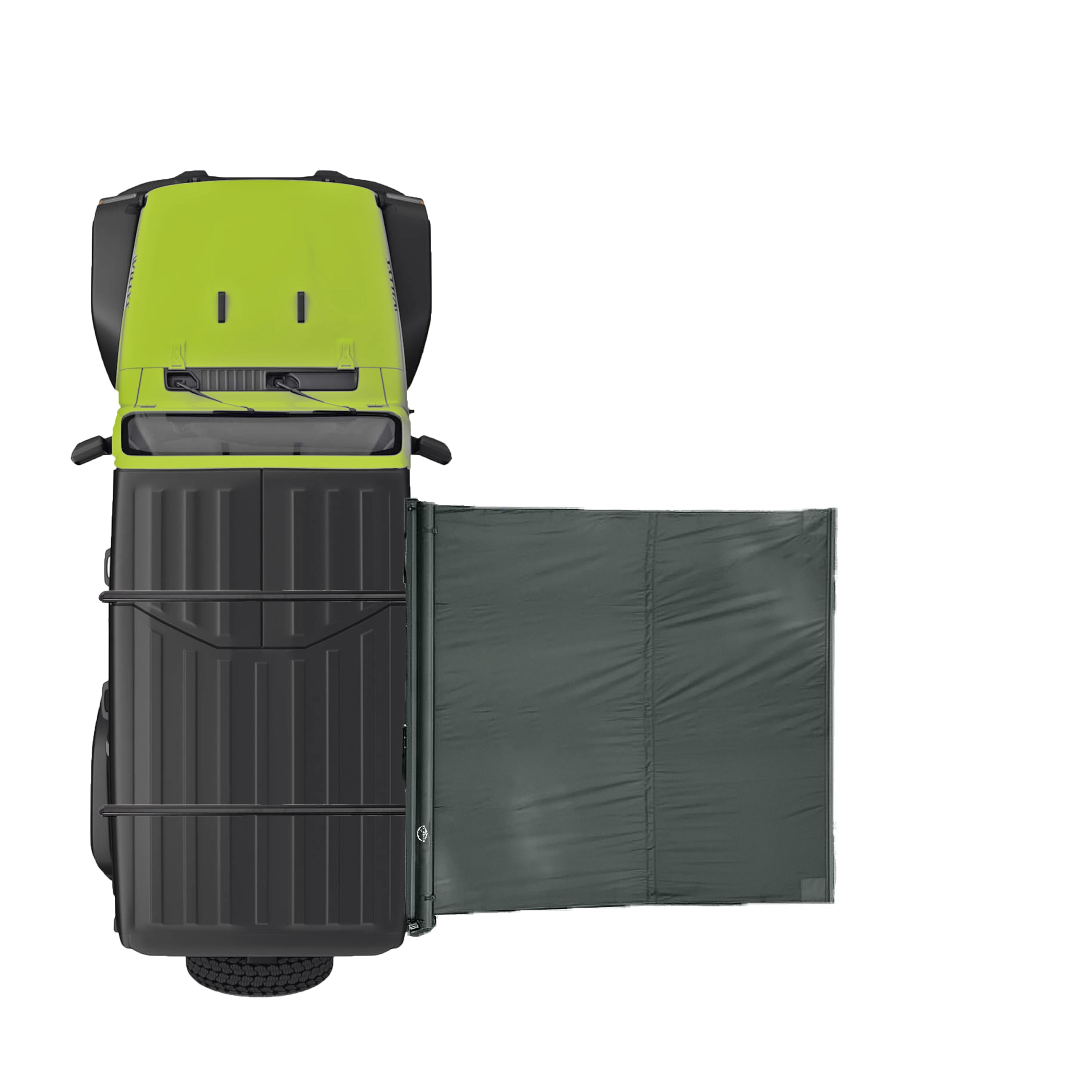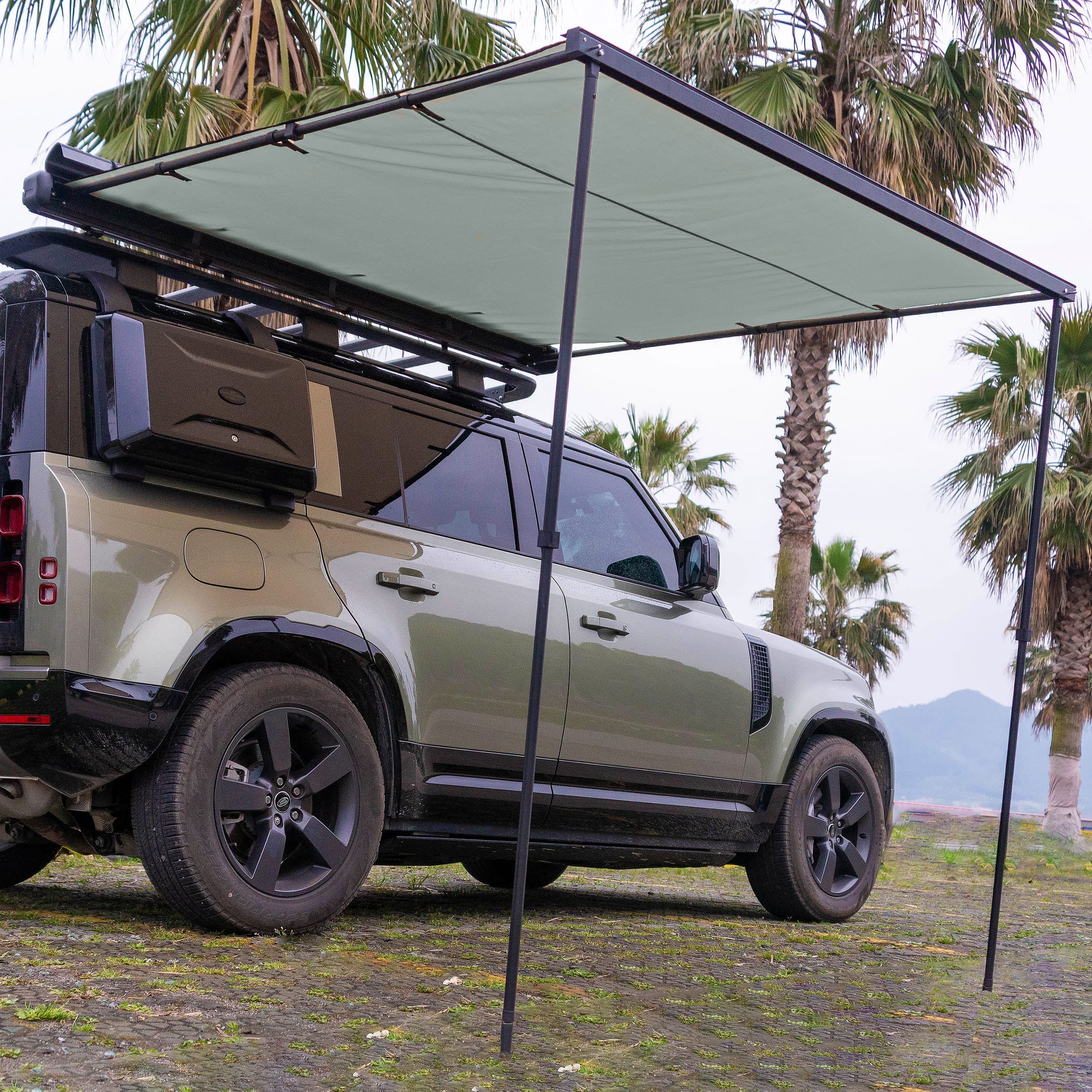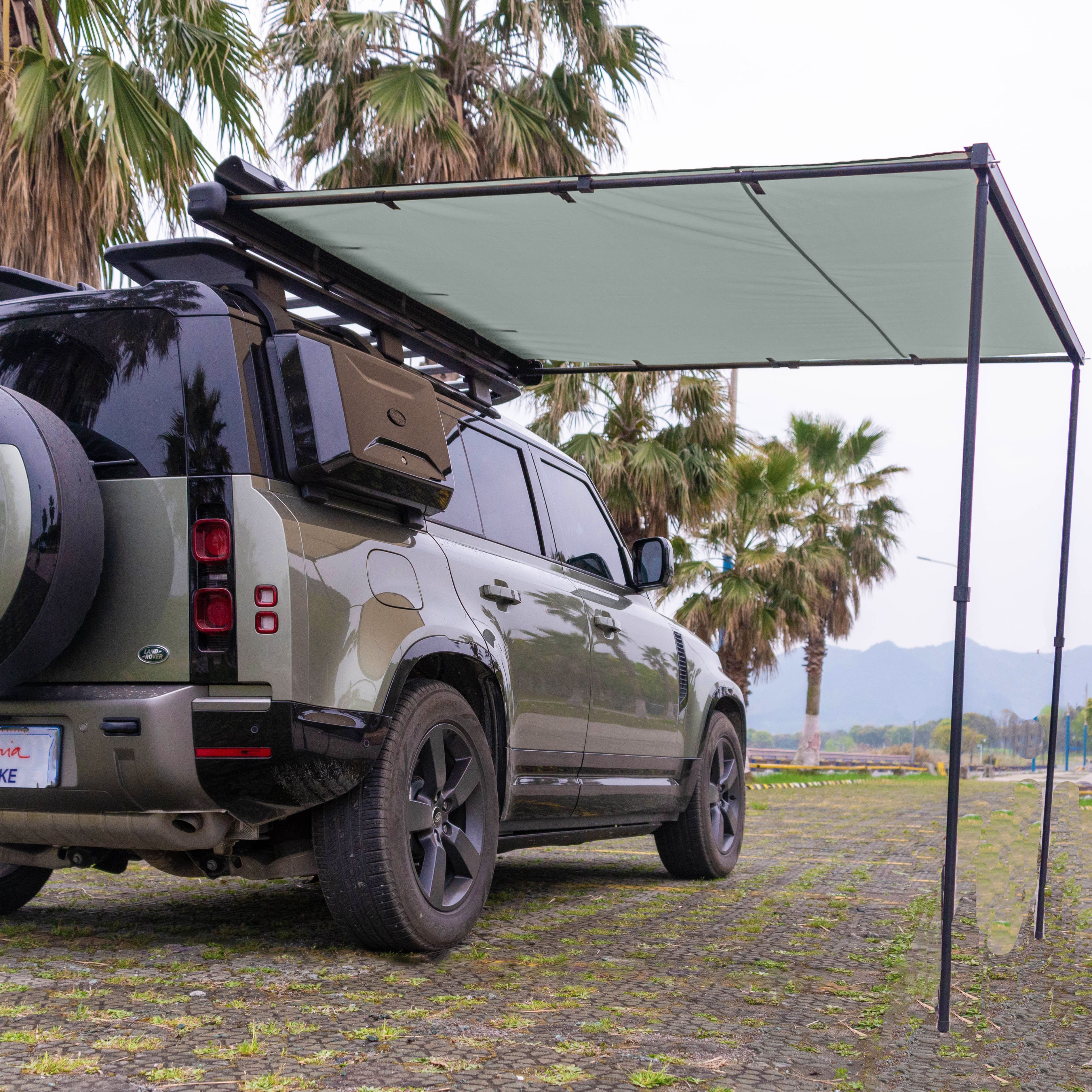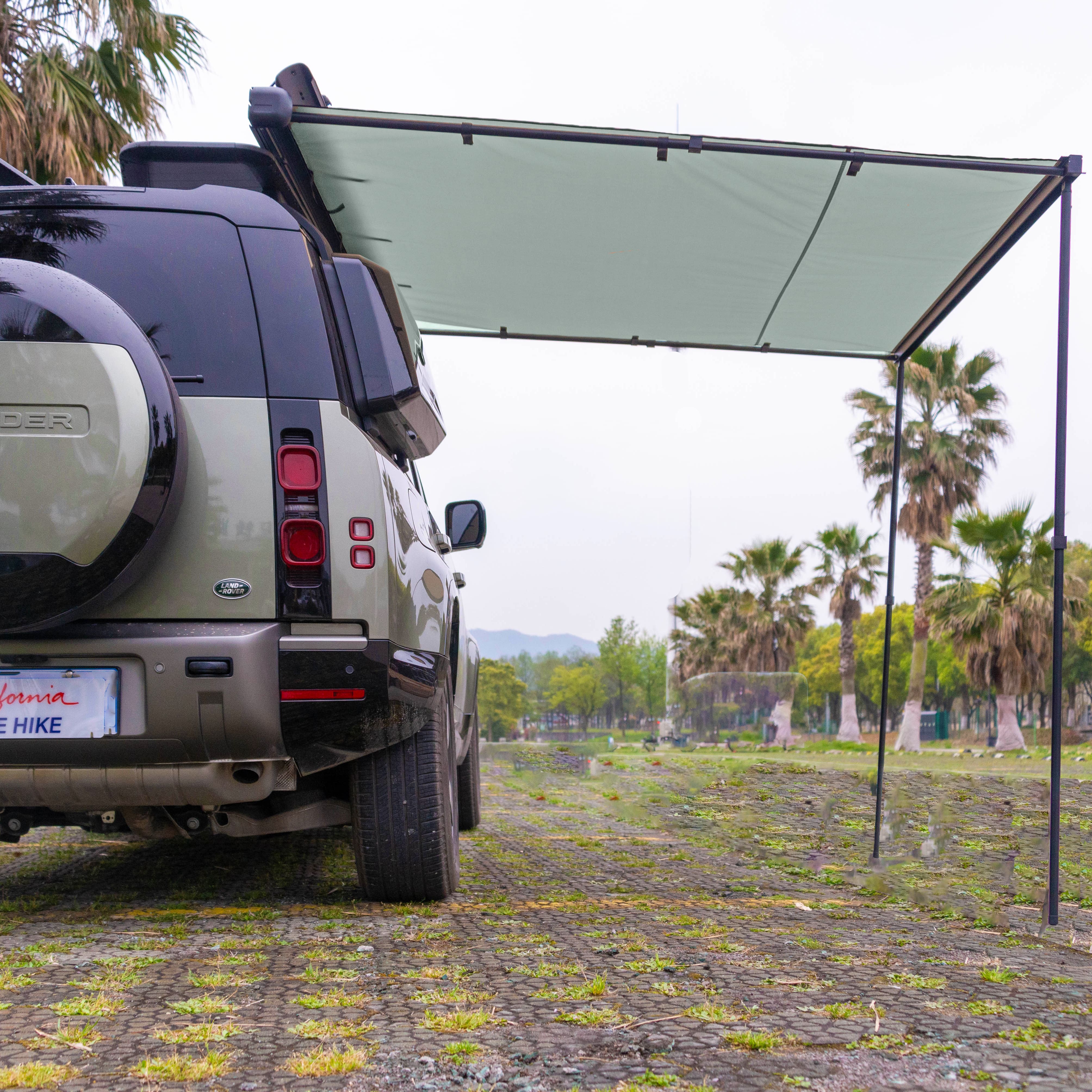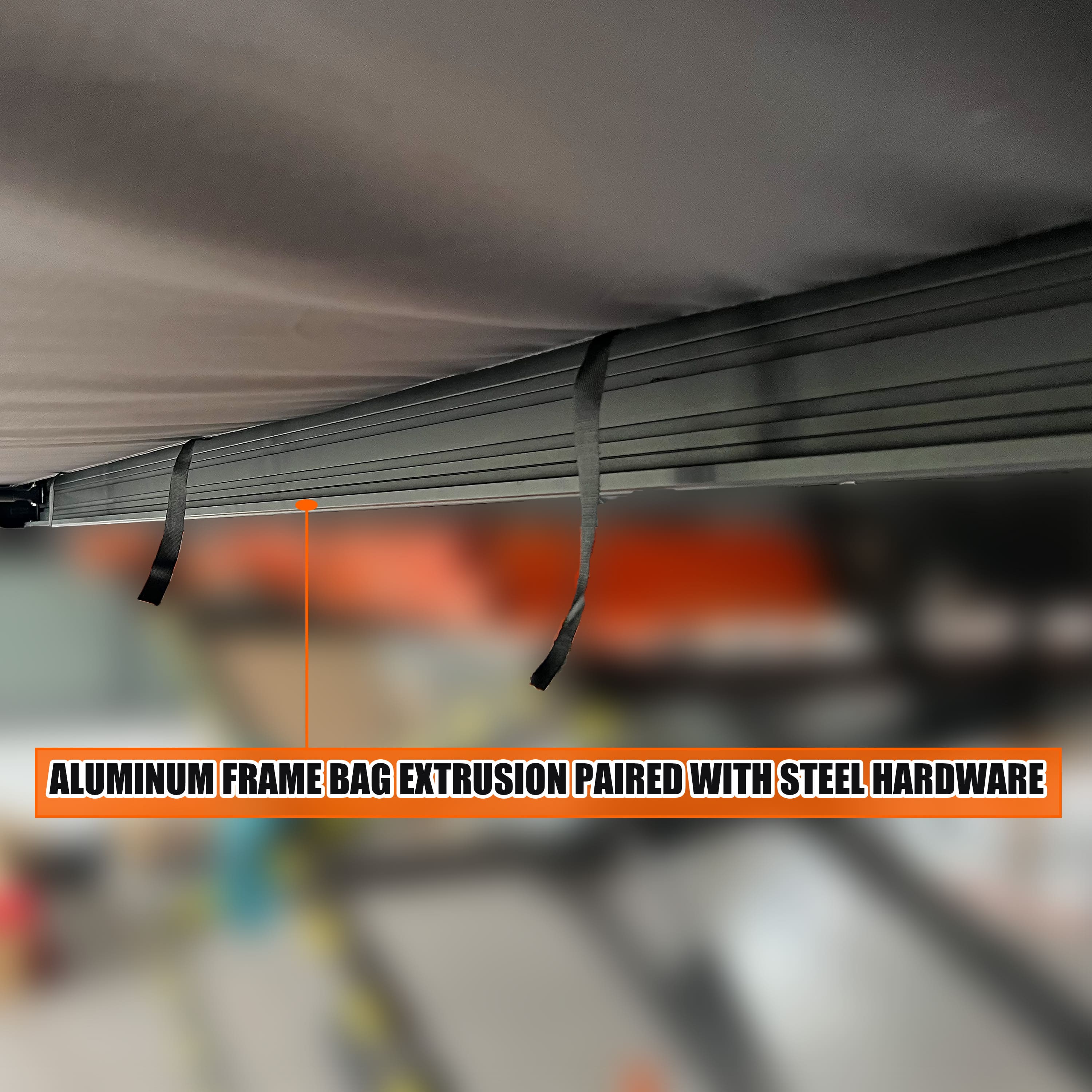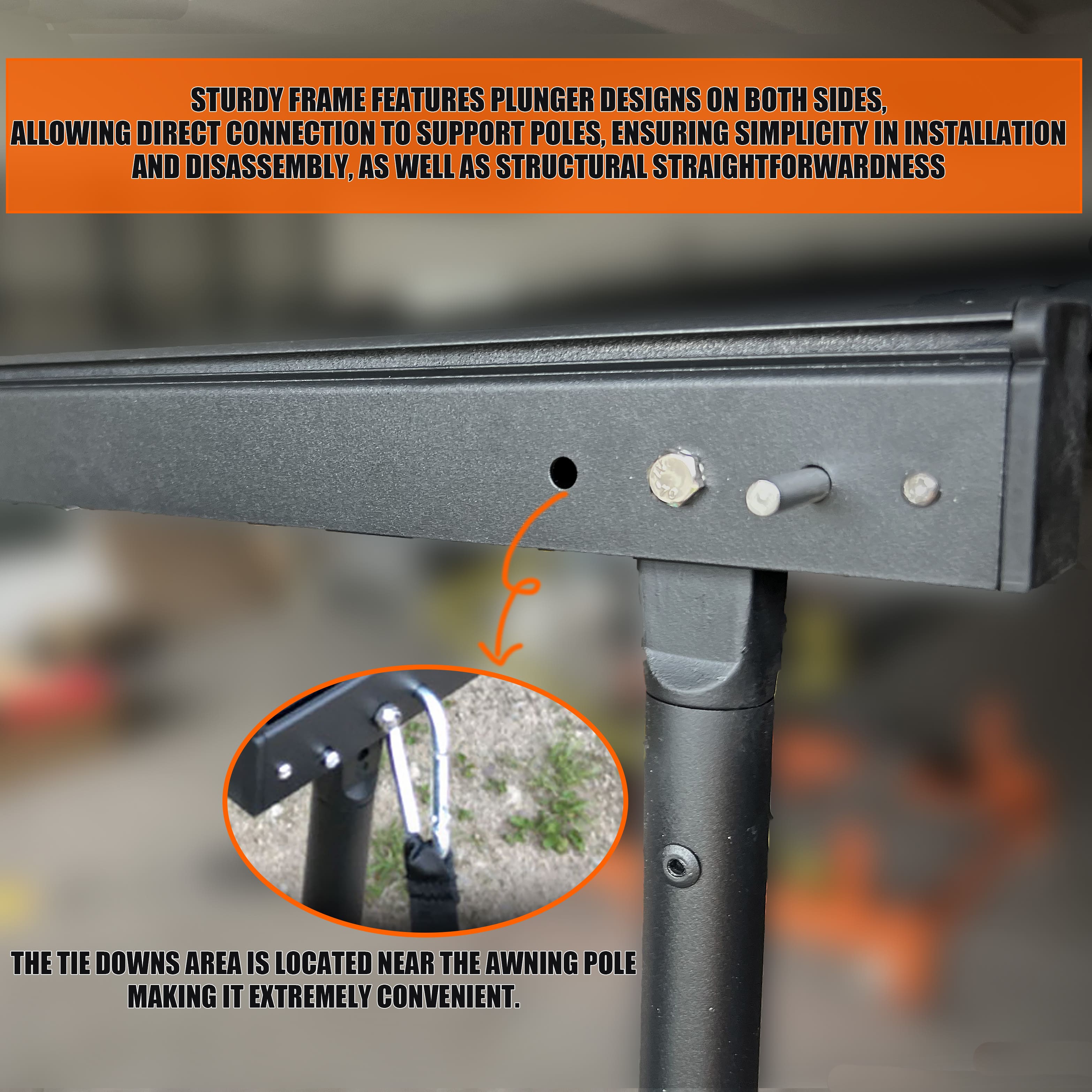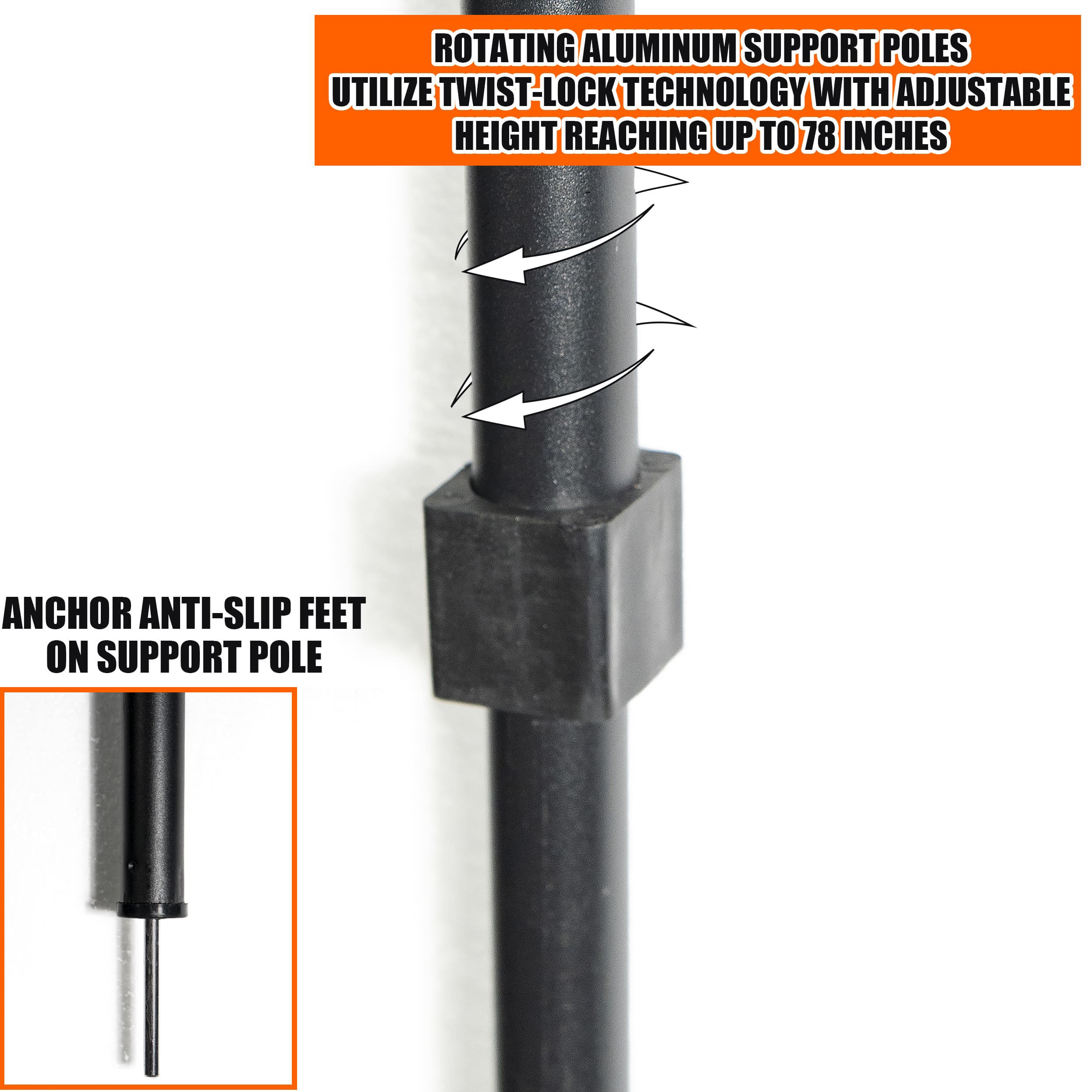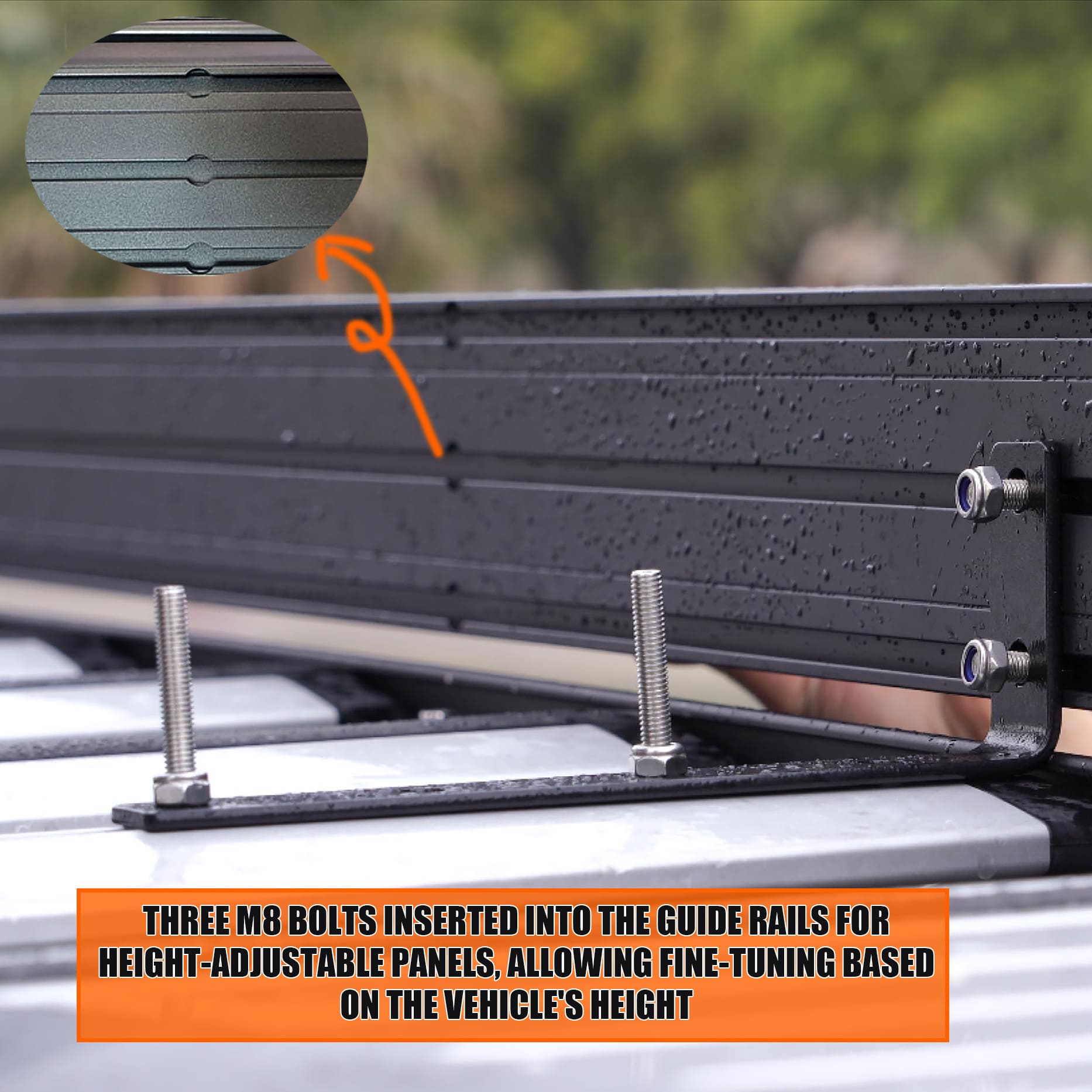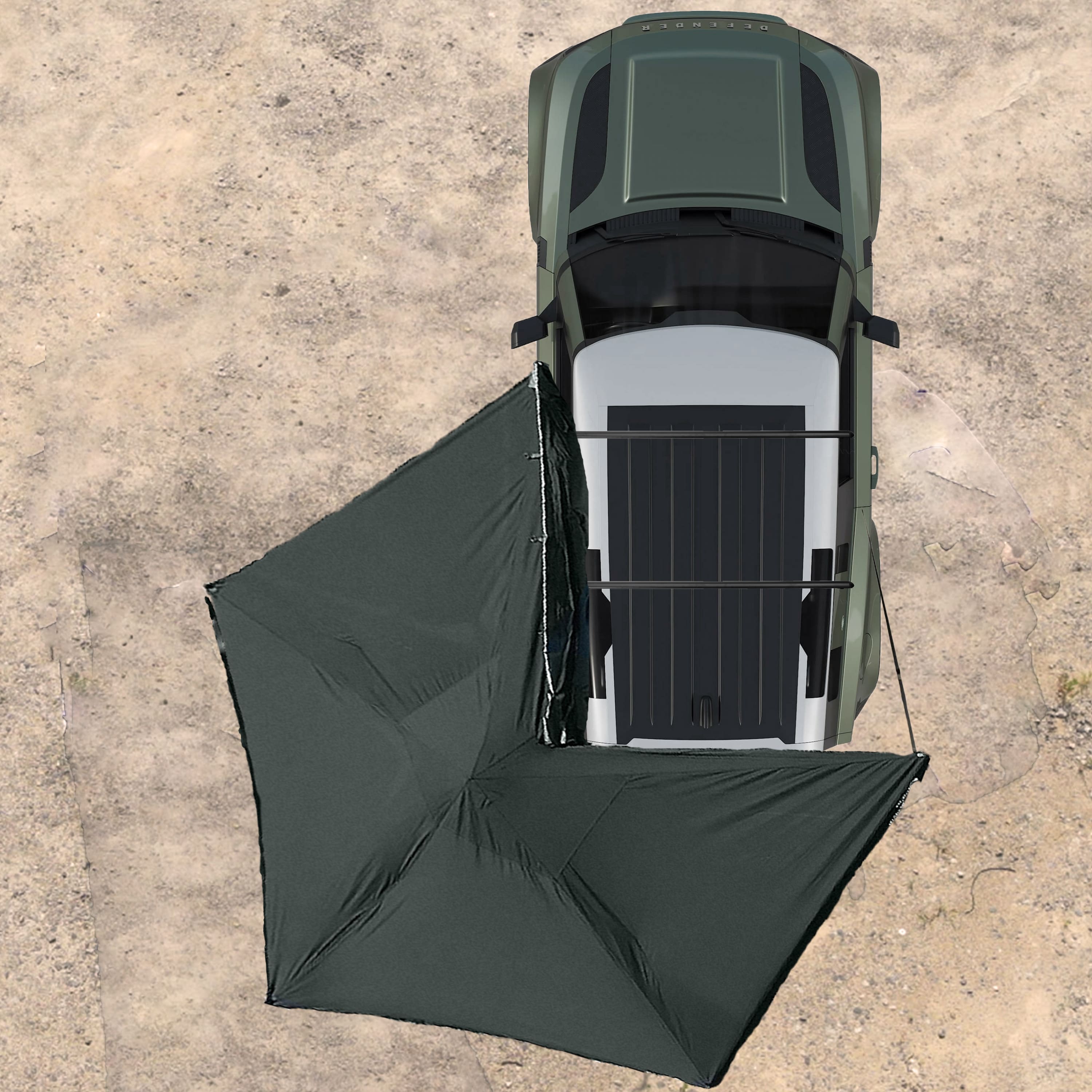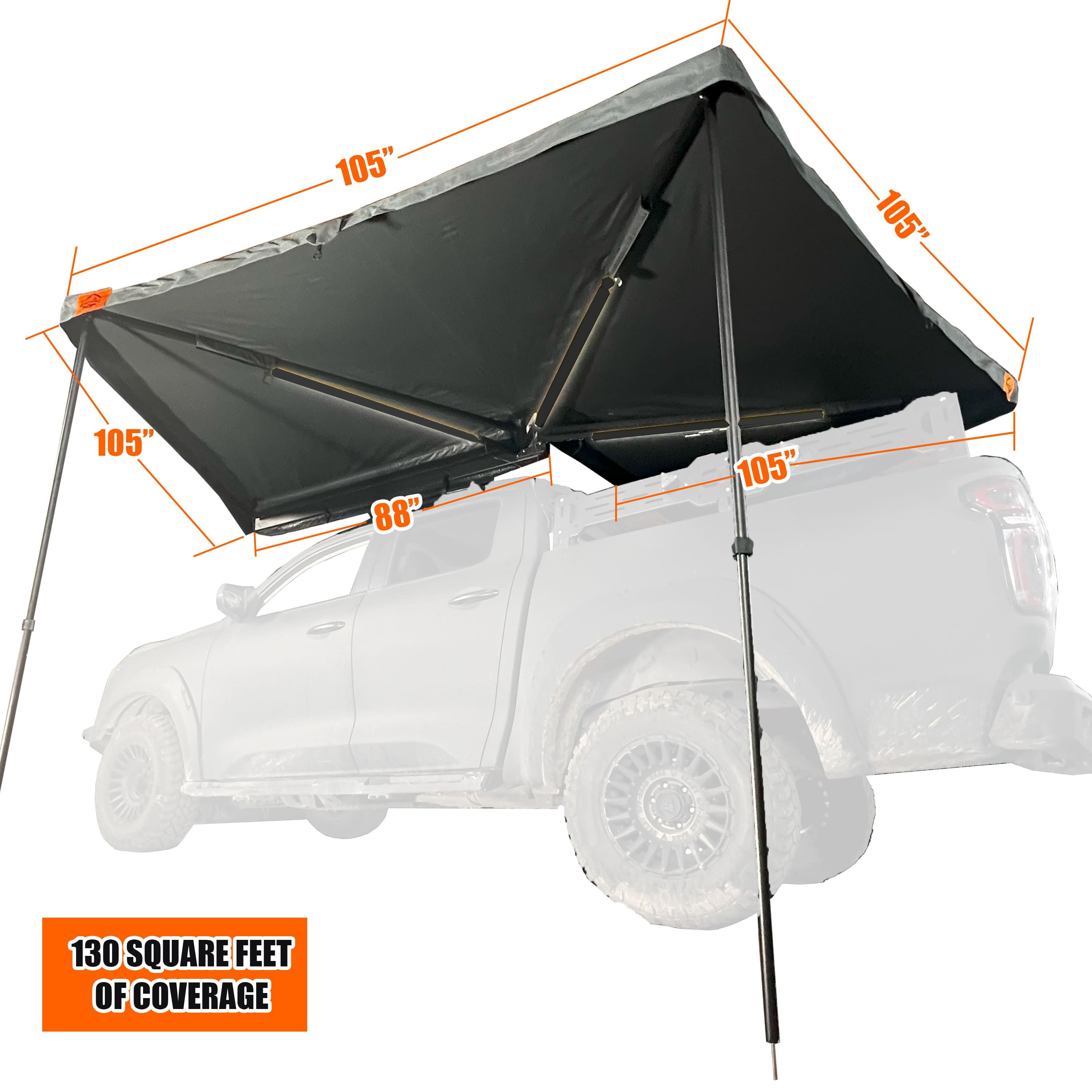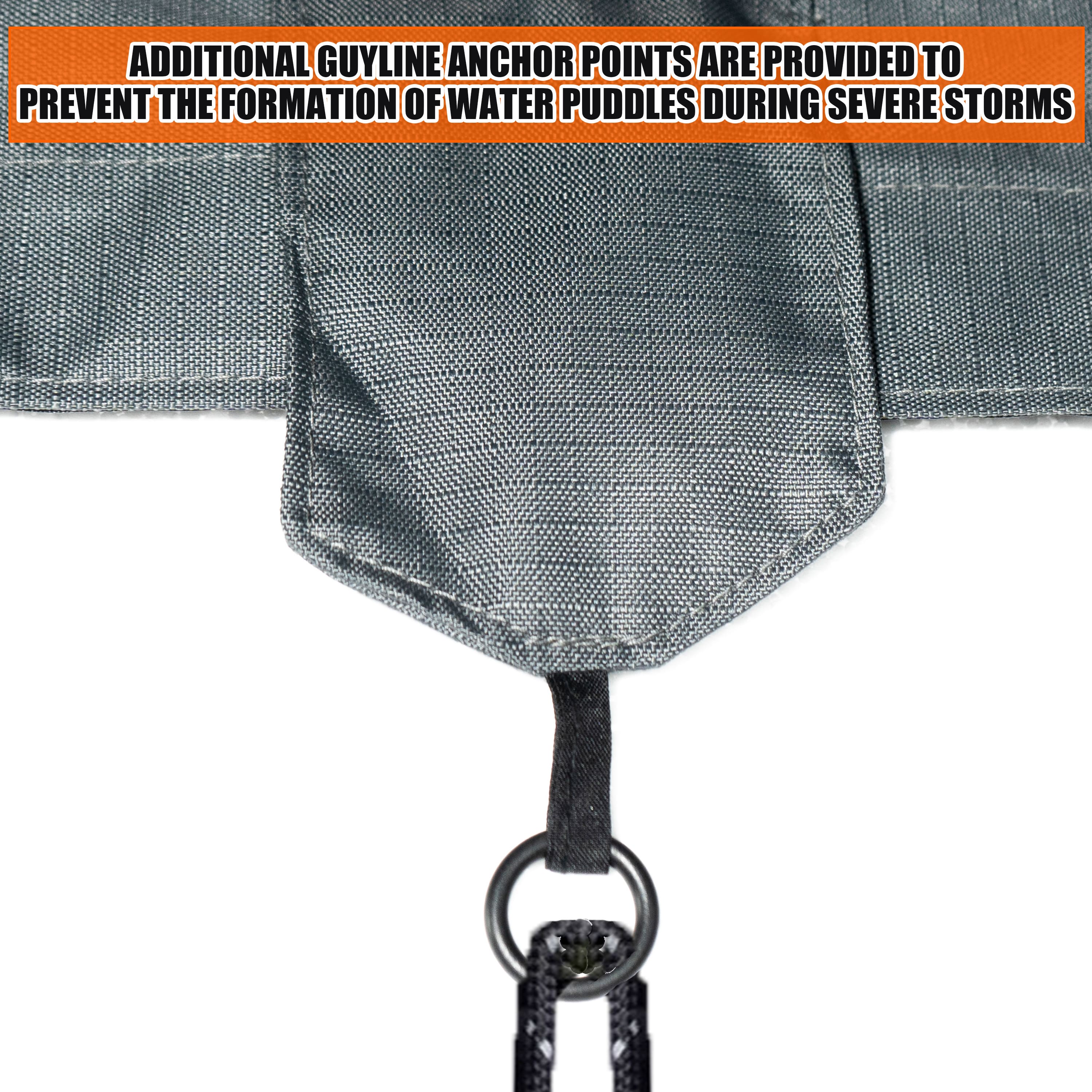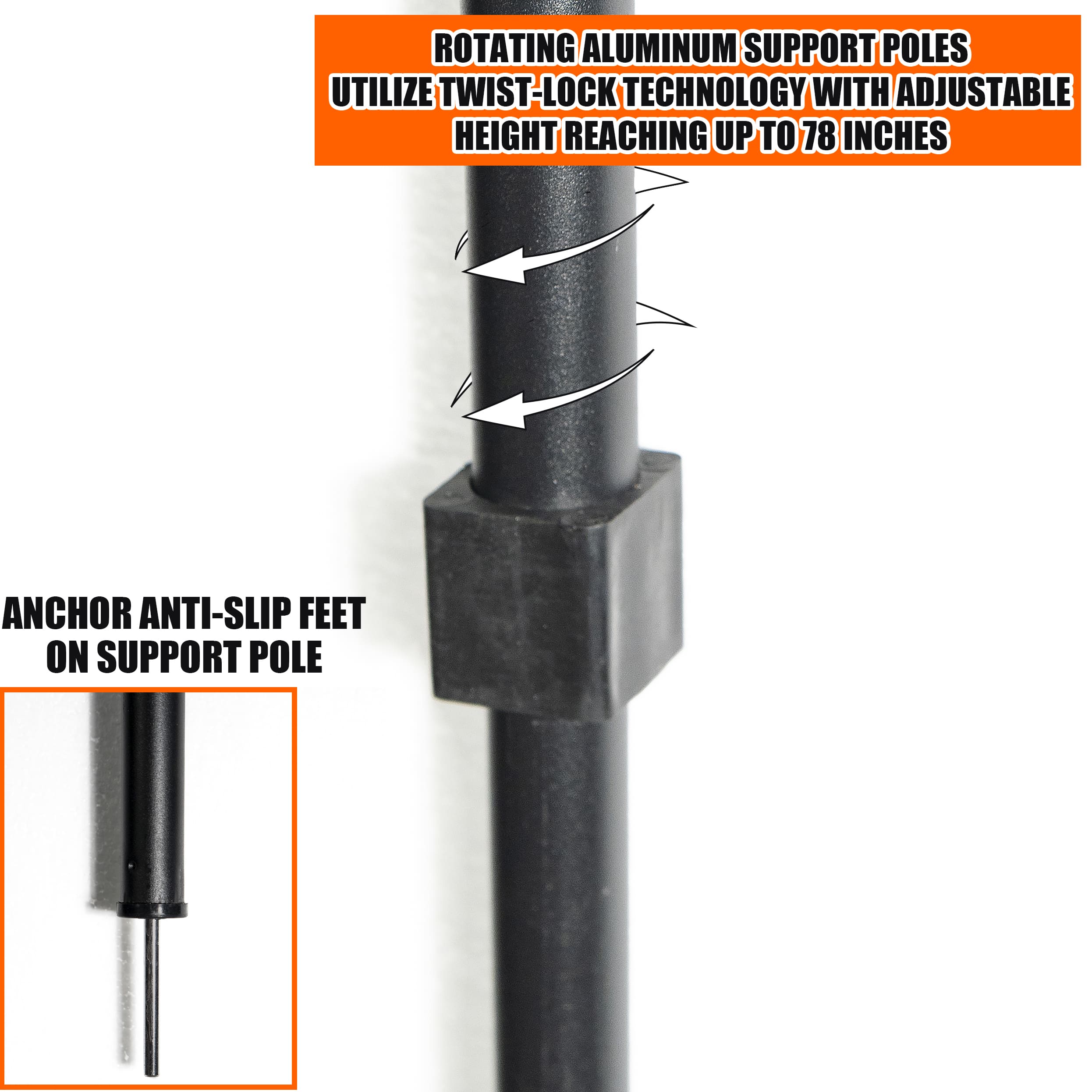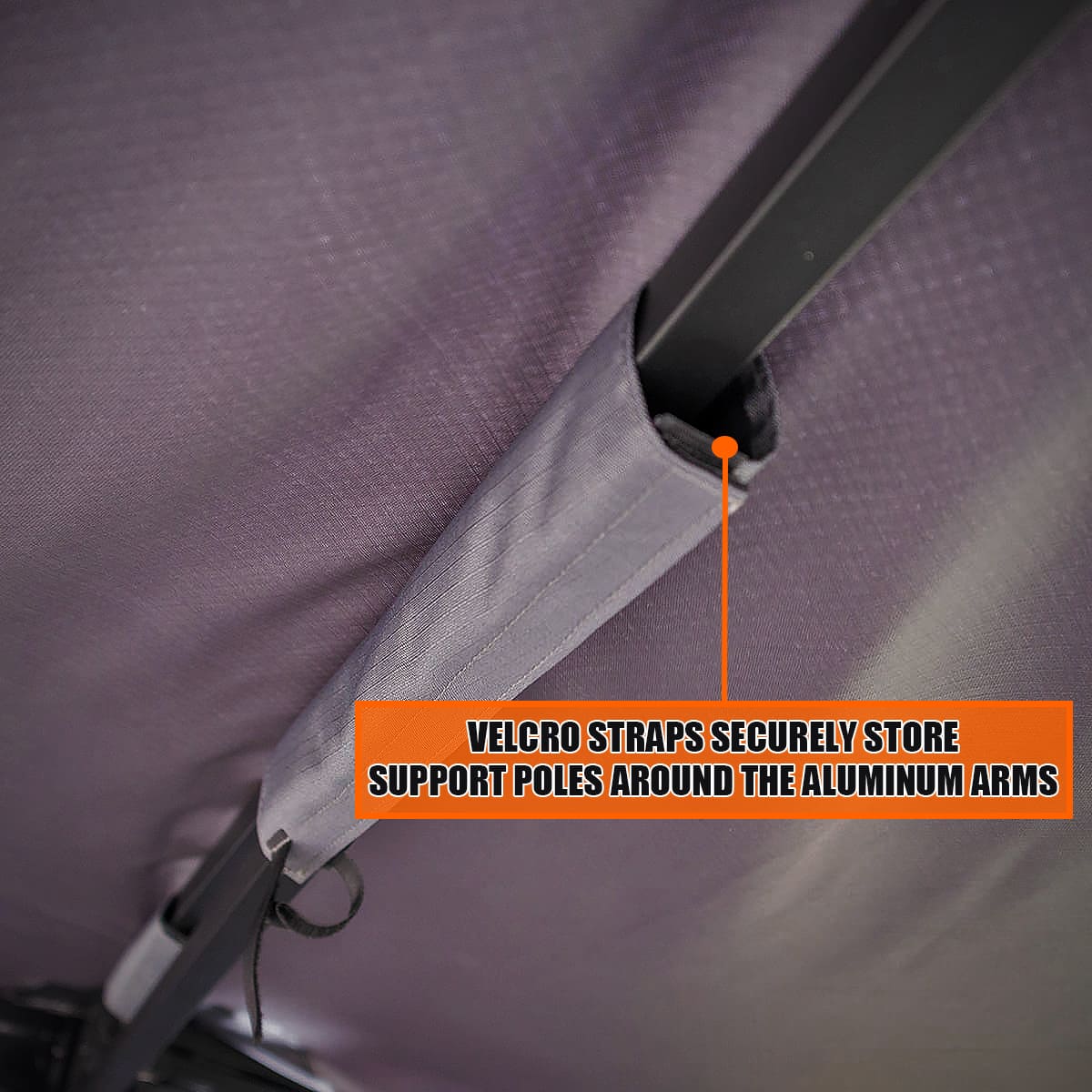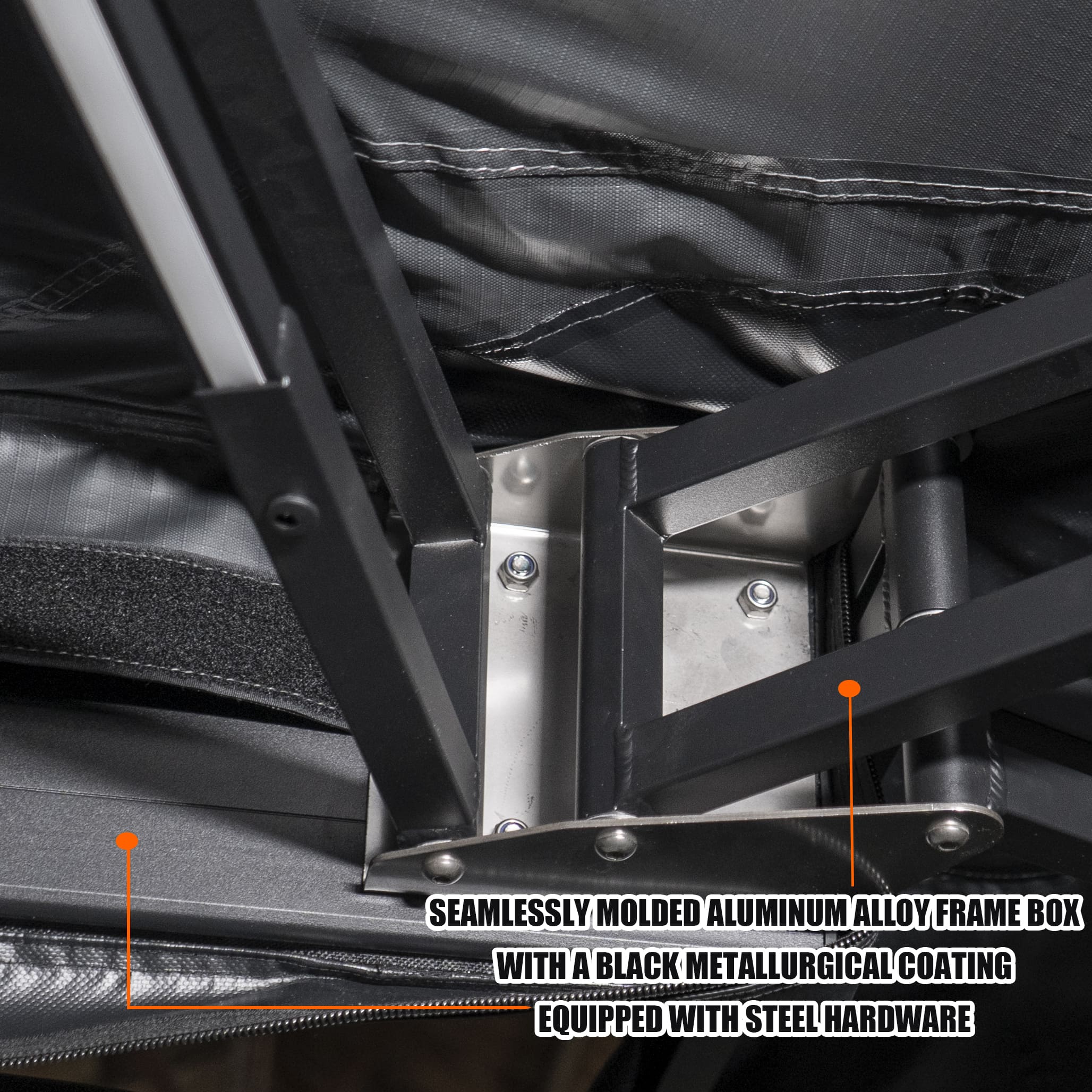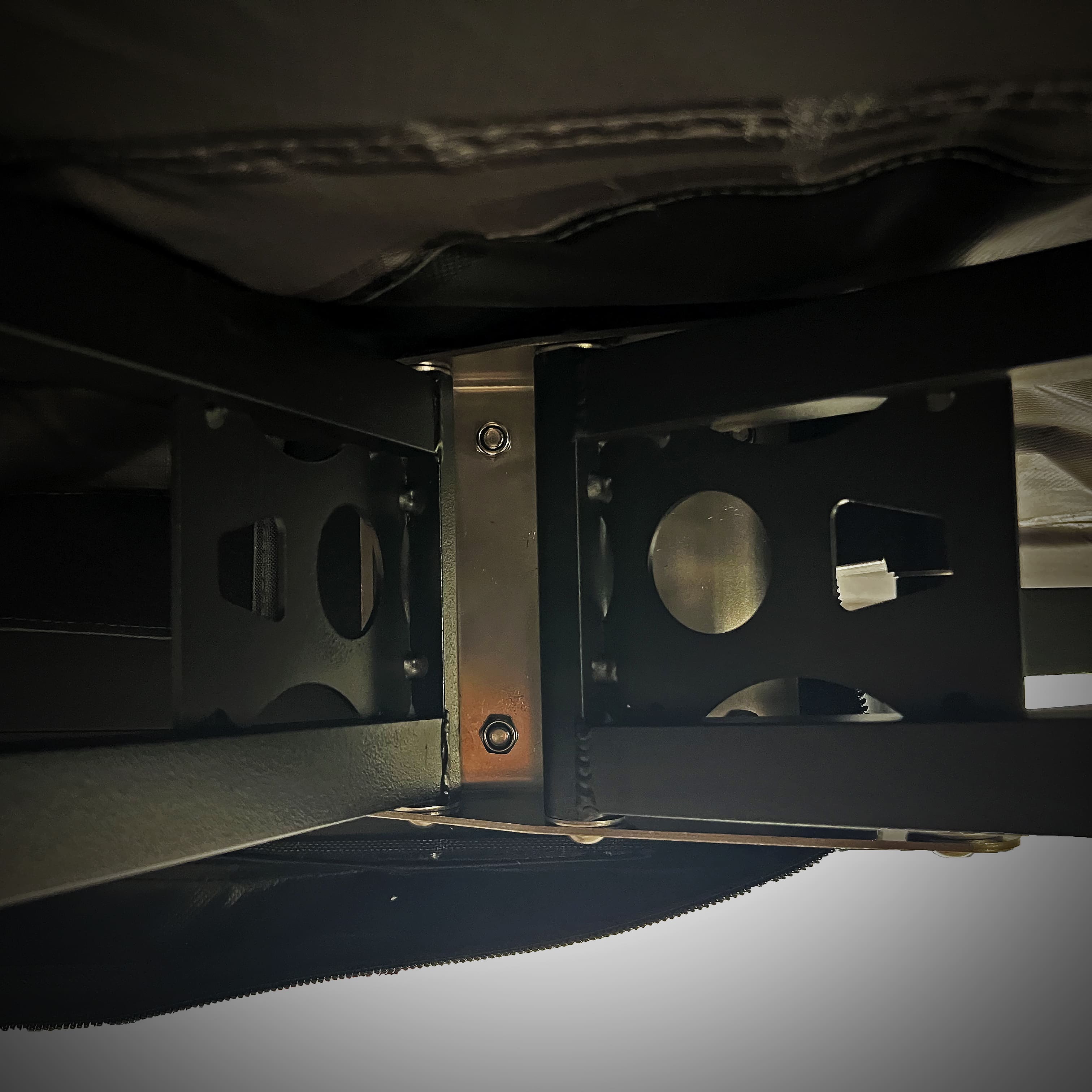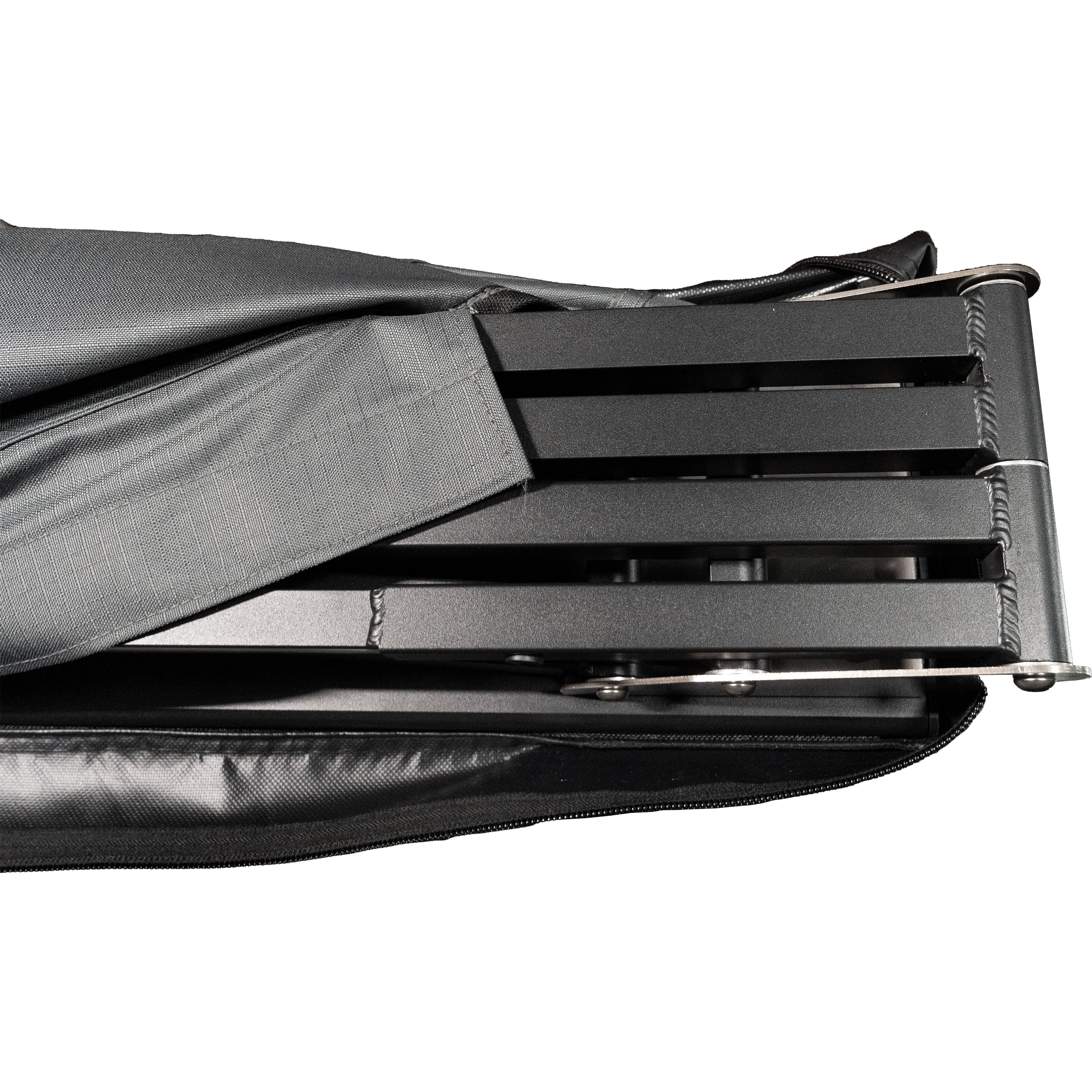After the pandemic, camping has regained its popularity. When it comes to camping, choosing a suitable shelter is one of the most critical decisions you'll make. While traditional ground tents are the most common option, rooftop tents are becoming increasingly popular for various reasons. In this article, we'll explore why rooftop tents are better than traditional ground tents and examine the pros and cons of each.
Pros of Rooftop Tents
-
Convenience: One of the most significant advantages of rooftop tents is their convenience. Unlike ground tents that require level ground and often take time and effort to set up, rooftop tents are quick and easy to install. It's extremely convenient for road trippers who want to make the most of their time exploring the outdoors, for we only need to pop up the tent once we get to your campsite.

-
Comfort:Compared to conventional ground tents, rooftop tents are usually more comfortable. They are raised off the ground, giving them a greater view and protecting them from the chilly, soggy ground. In addition, mattresses in rooftop tents are frequently thicker, making for a more comfortable night's slumber.

-
Safety: Rooftop tents offer better protection from wildlife, particularly bears, snakes, and other critters that may roam around your campsite. Elevated off the ground, rooftop tents keep you safer from these potential dangers while you're sleeping.

-
Durability: Rooftop tents are made from heavy-duty materials, making them more durable than traditional ground tents. Withstand harsh weather conditions such as heavy rain, strong winds, and even snow would not be the problem again.

Cons of Rooftop Tents
-
Price: Rooftop tents are generally more expensive than traditional ground tents, which can be a significant investment, especially if you're a beginner at camping.
-
Vehicle Dependence: Rooftop tents mount on top of your vehicle, so you need a suitable car or truck to use them, which can be limiting if you can't access a car supporting a rooftop tent.
-
Weight Limitations: Rooftop tents have limitations, so you must be mindful of what you pack. Exceeding the weight limit can cause safety issues or damage to your vehicle.
Pros of Traditional Ground Tents
-
Affordability: Ground tents are generally more affordable than rooftop tents, which makes them an excellent option for those on a budget or just starting with camping.
-
Versatility: You can use ground tents in various settings, from traditional campsites to backcountry camping. You can set up those almost anywhere if there is level ground.
-
Familiarity: Ground tents are more familiar to most people, making them a more comfortable and natural option for some campers.
Cons of Traditional Ground Tents
-
Setup Time: It is a drawback that ground tents take more time and effort than rooftop tents, especially if you're on a tight schedule or need more experience setting up tents.
-
Comfort: Traditional ground tents are often less comfortable than rooftop tents. They offer little insulation from the cold, damp ground and often come with thin mattresses that provide minimal support.
-
Safety: Traditional ground tents offer less protection from wildlife, leaving you more vulnerable to potential dangers.

Conclusion
There is no clear winner when choosing between a rooftop tent and a traditional ground tent. Each option has advantages and disadvantages, and the decision ultimately depends on your needs and preferences. Rooftop tents are more convenient, comfortable, safe, and durable, but they come at a higher cost and require a suitable vehicle. Ground tents are more affordable, versatile, and familiar but take longer to set up, are less comfortable, and offer less protection.
Of course, if you are not constrained by the price factor, you can choose to compare our rooftop tents.






